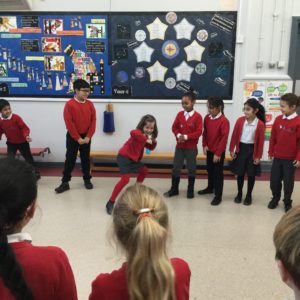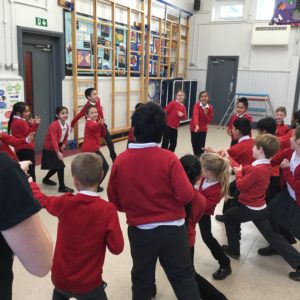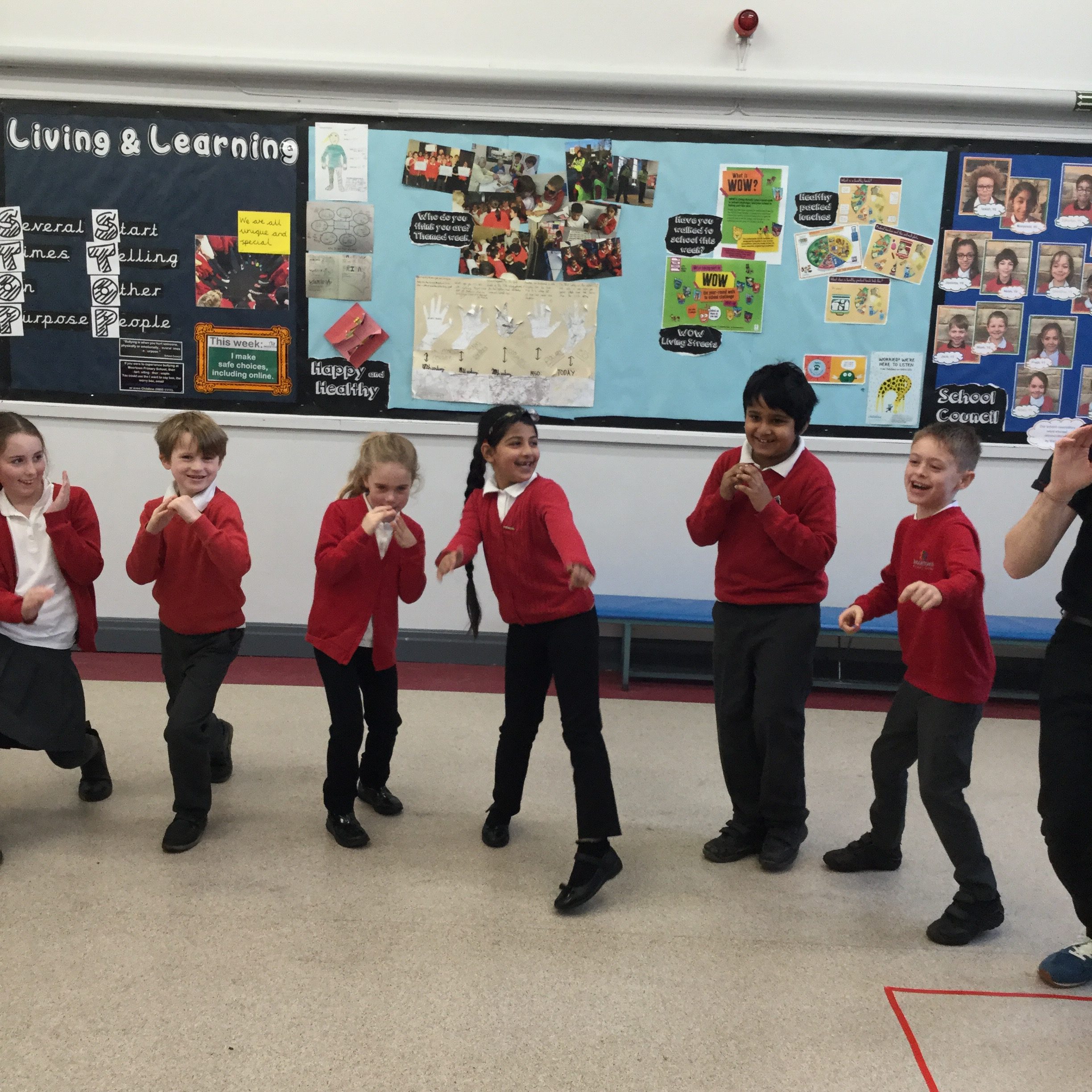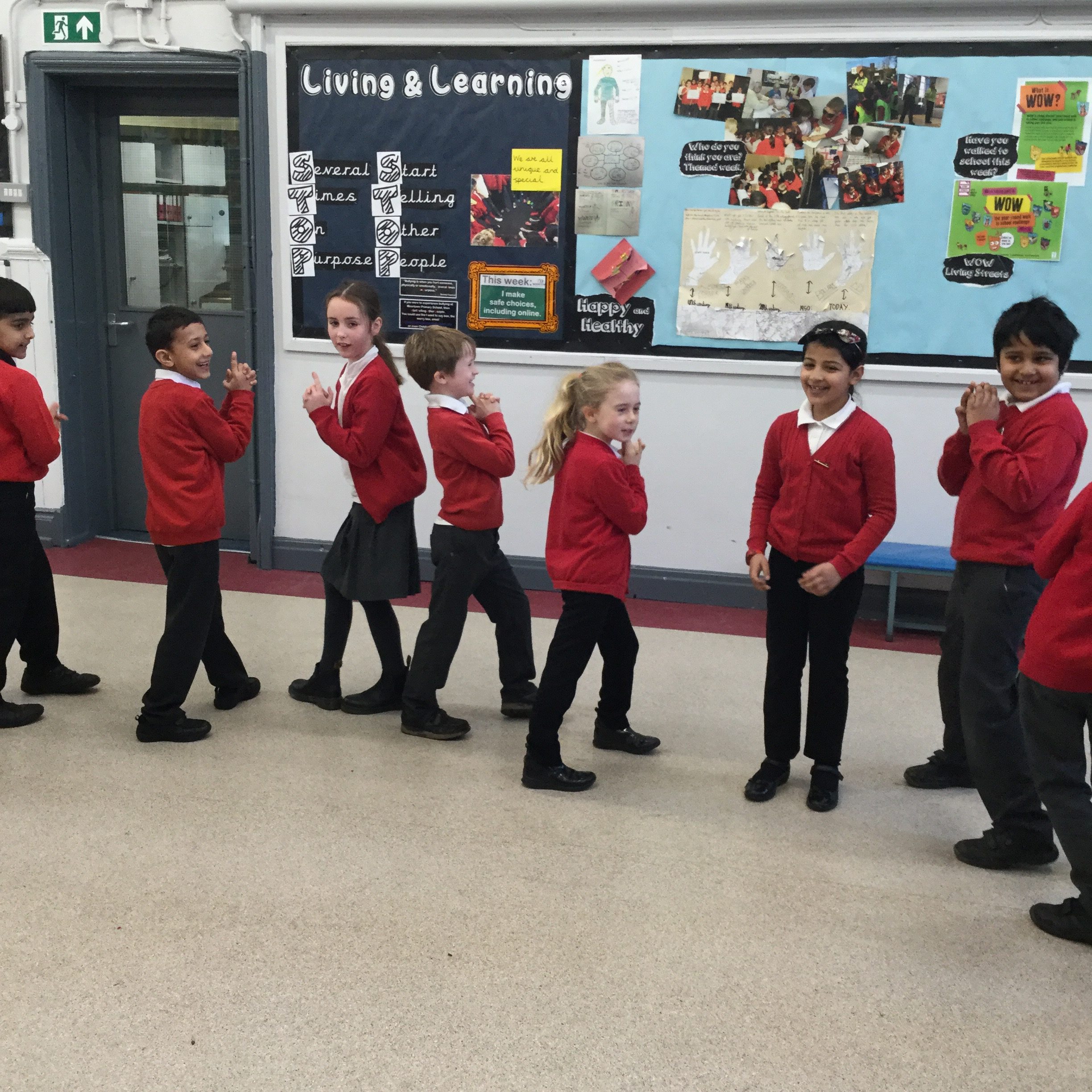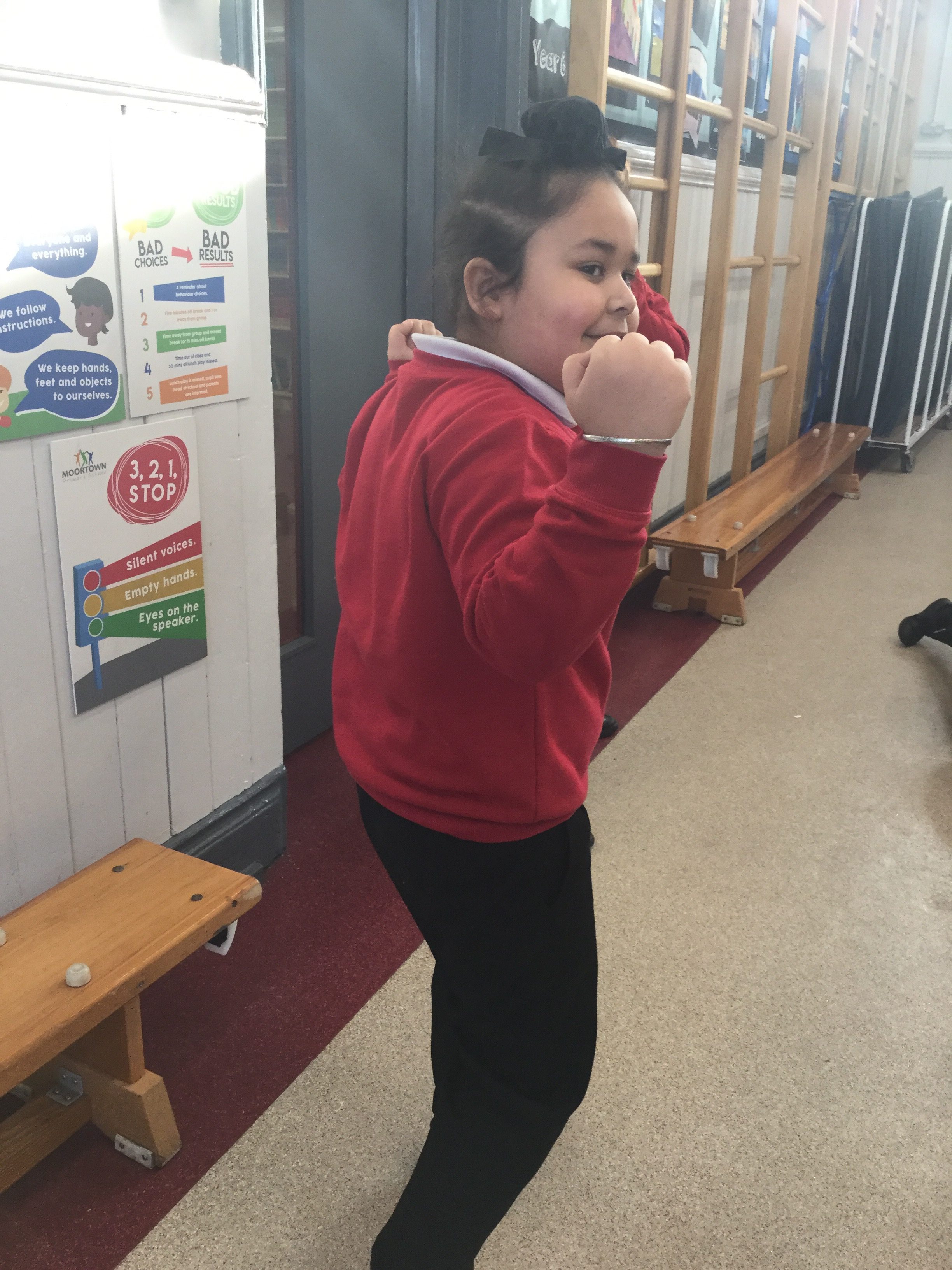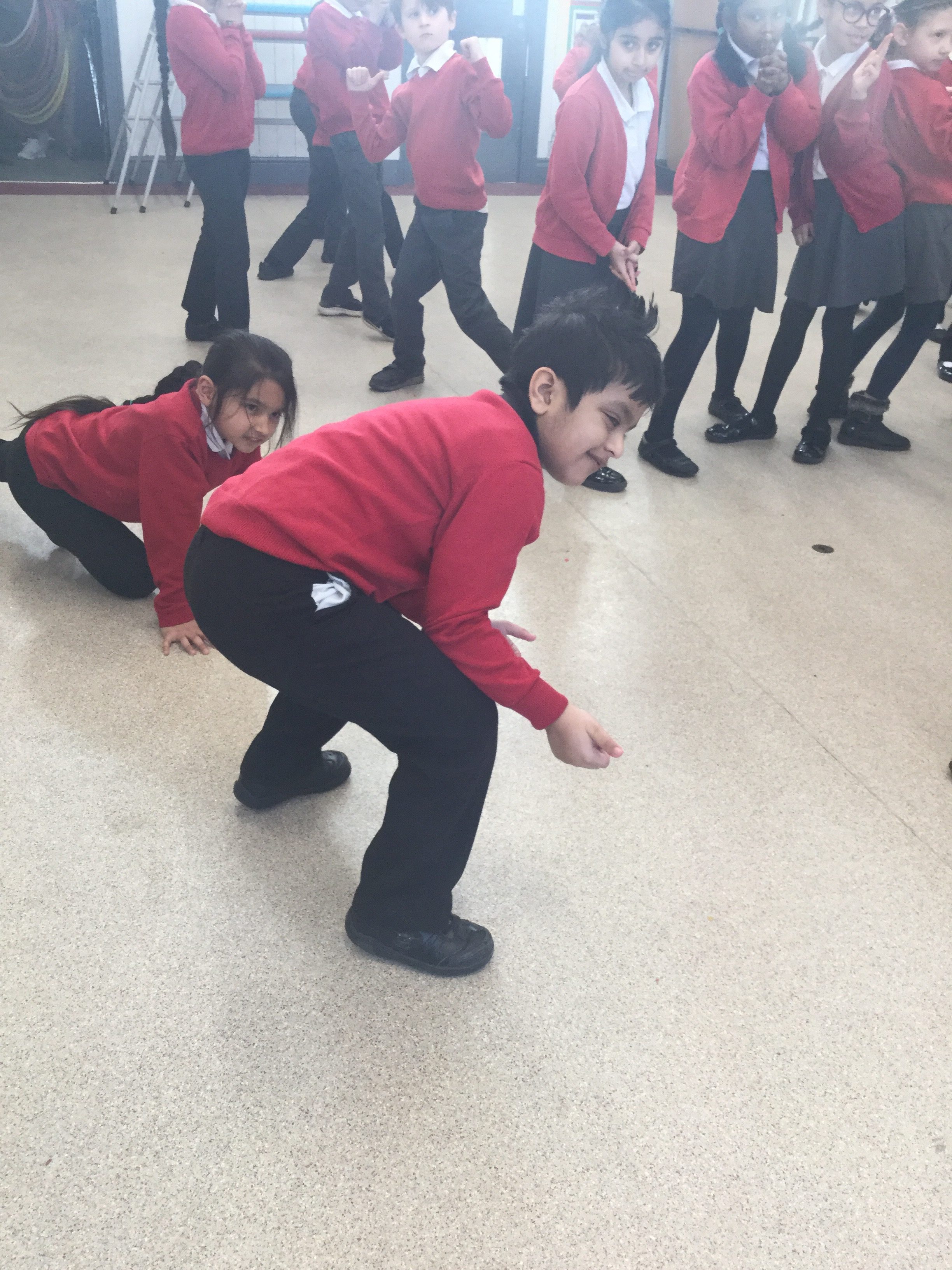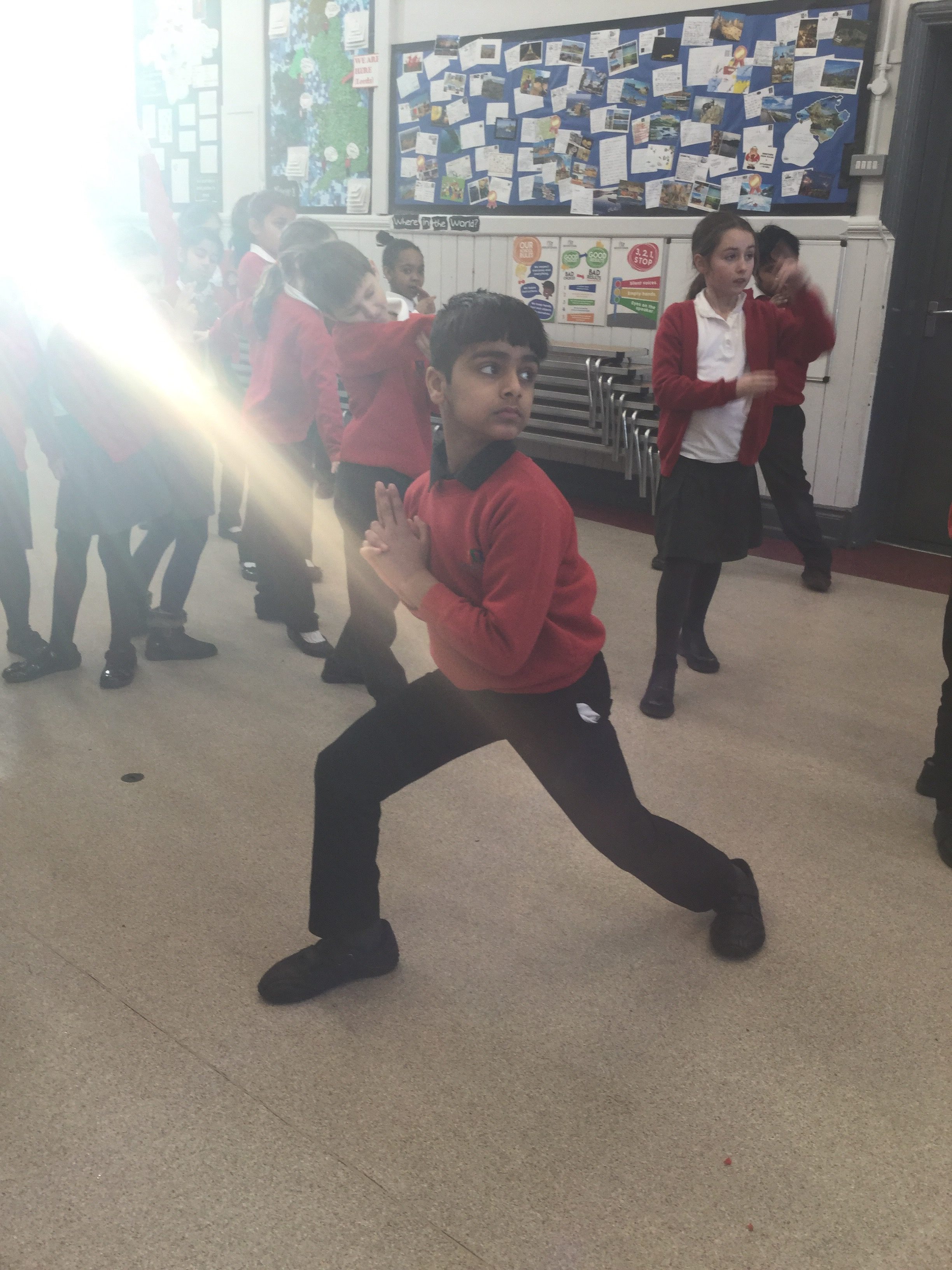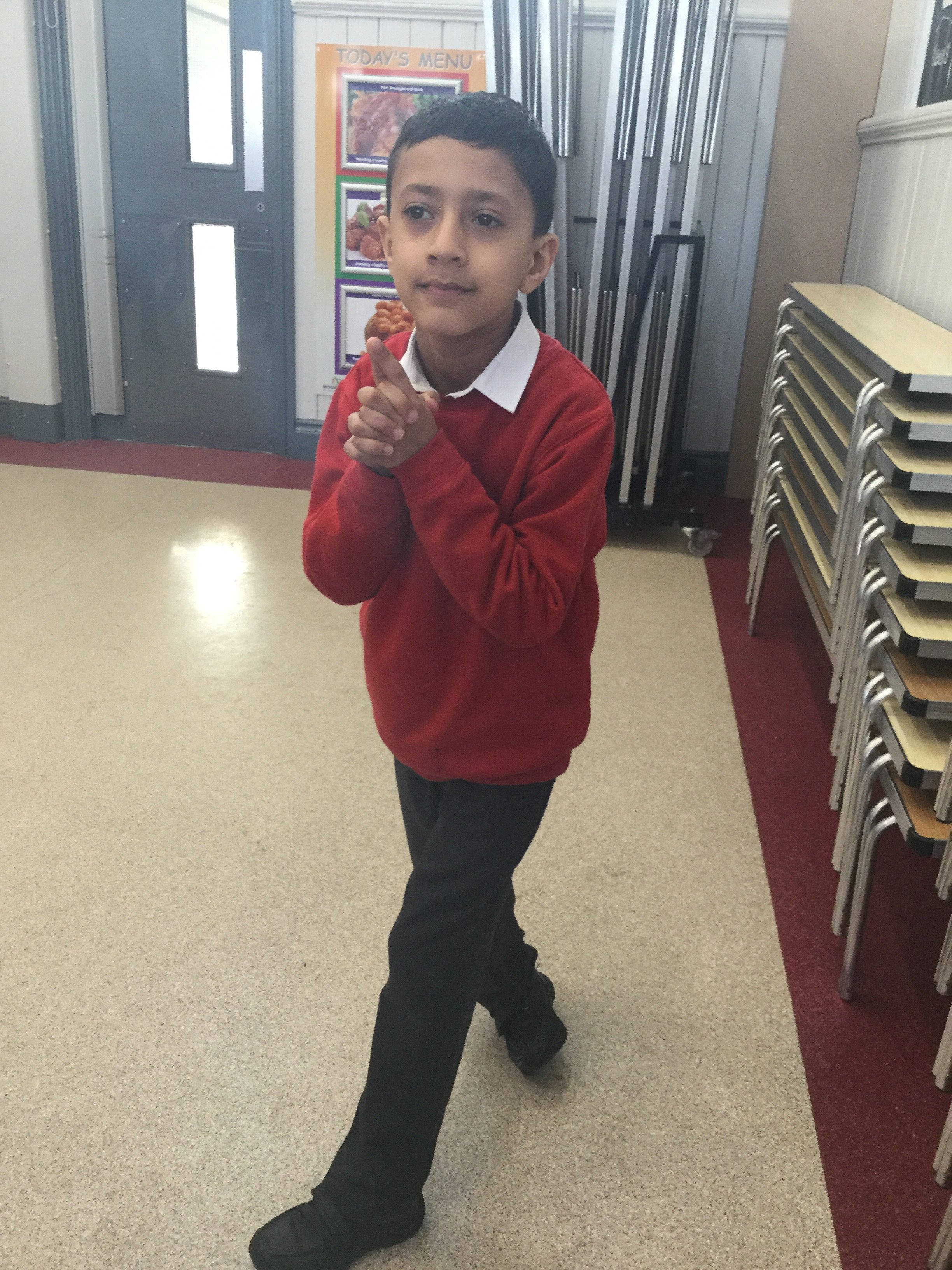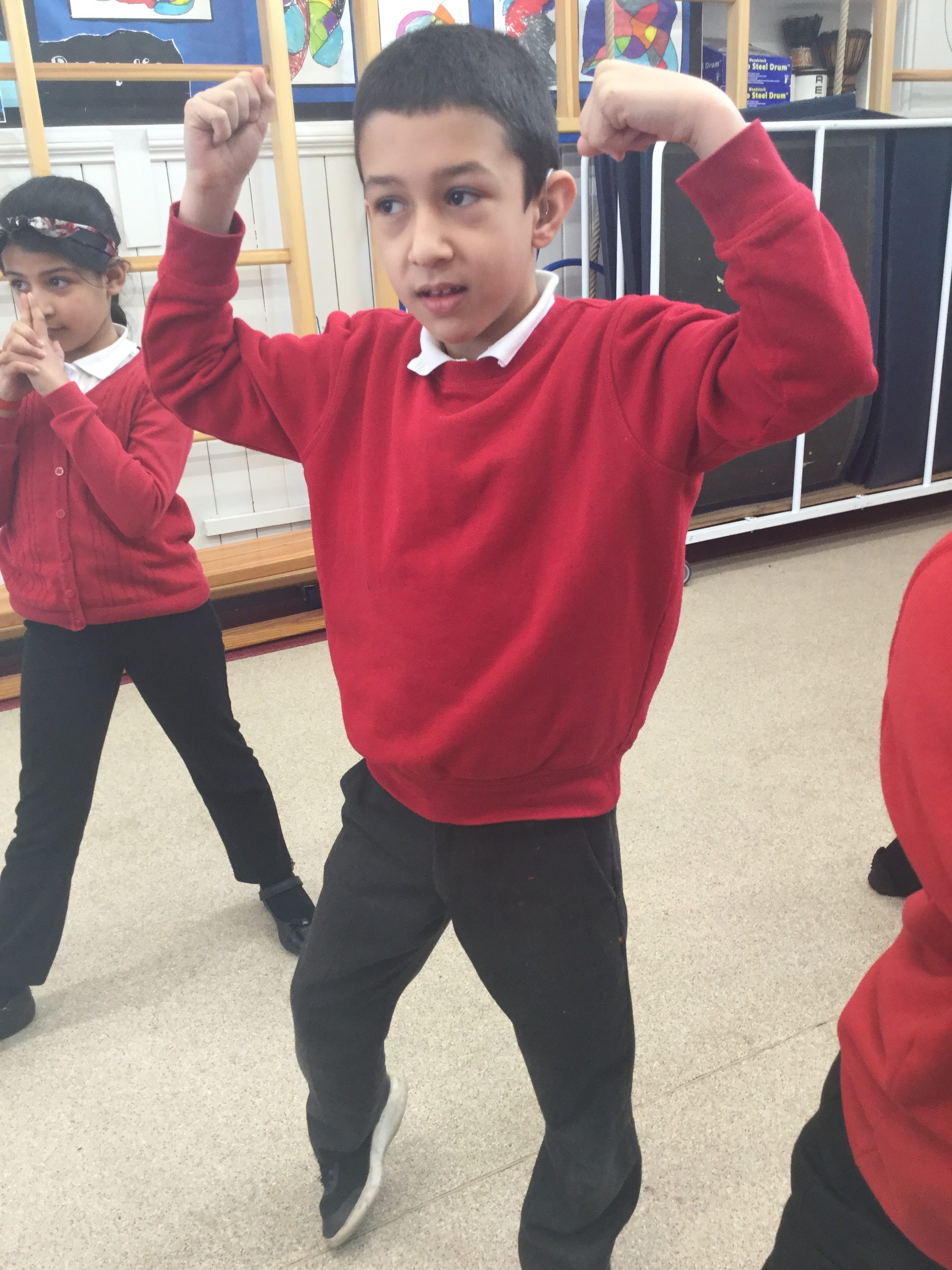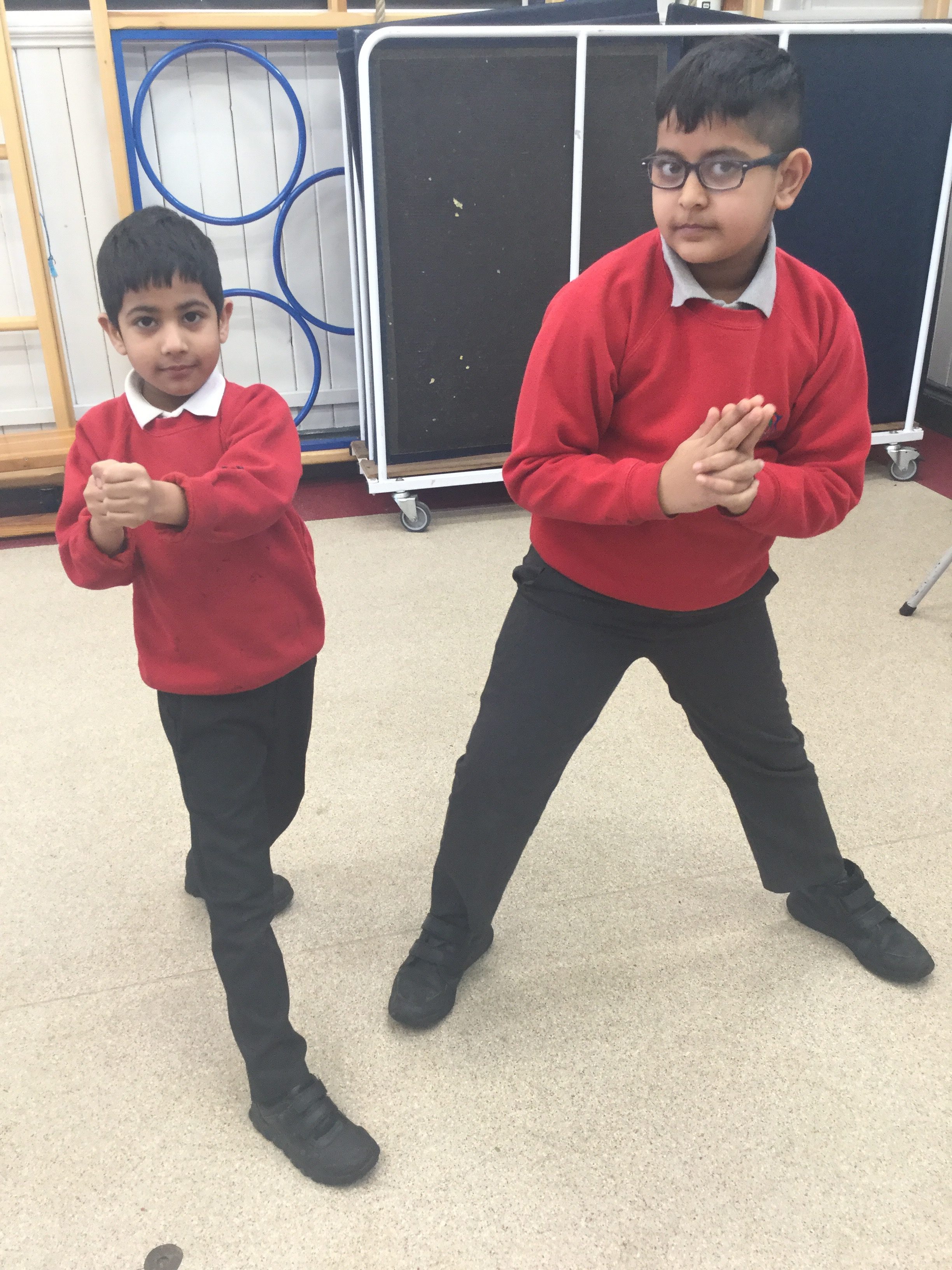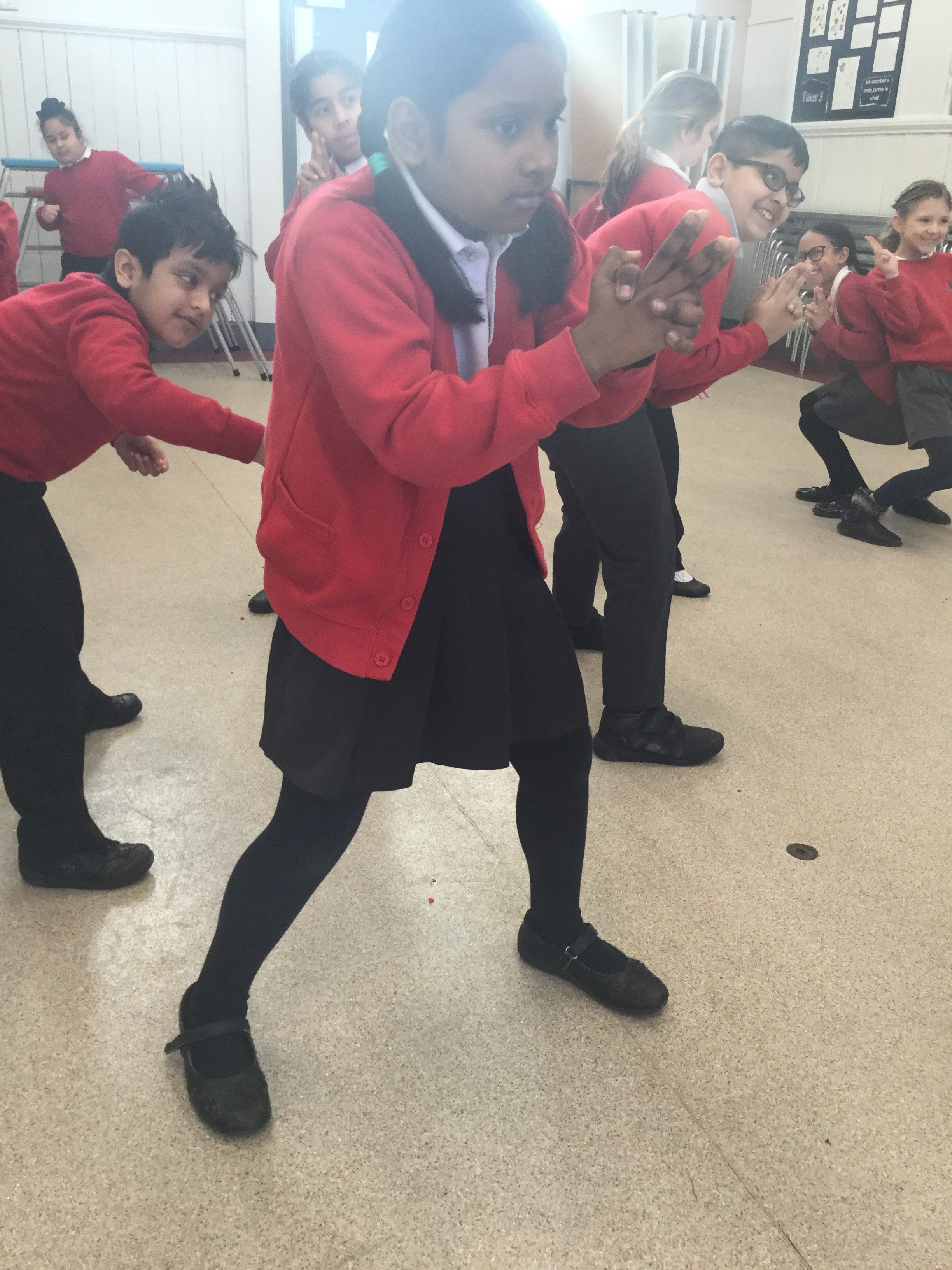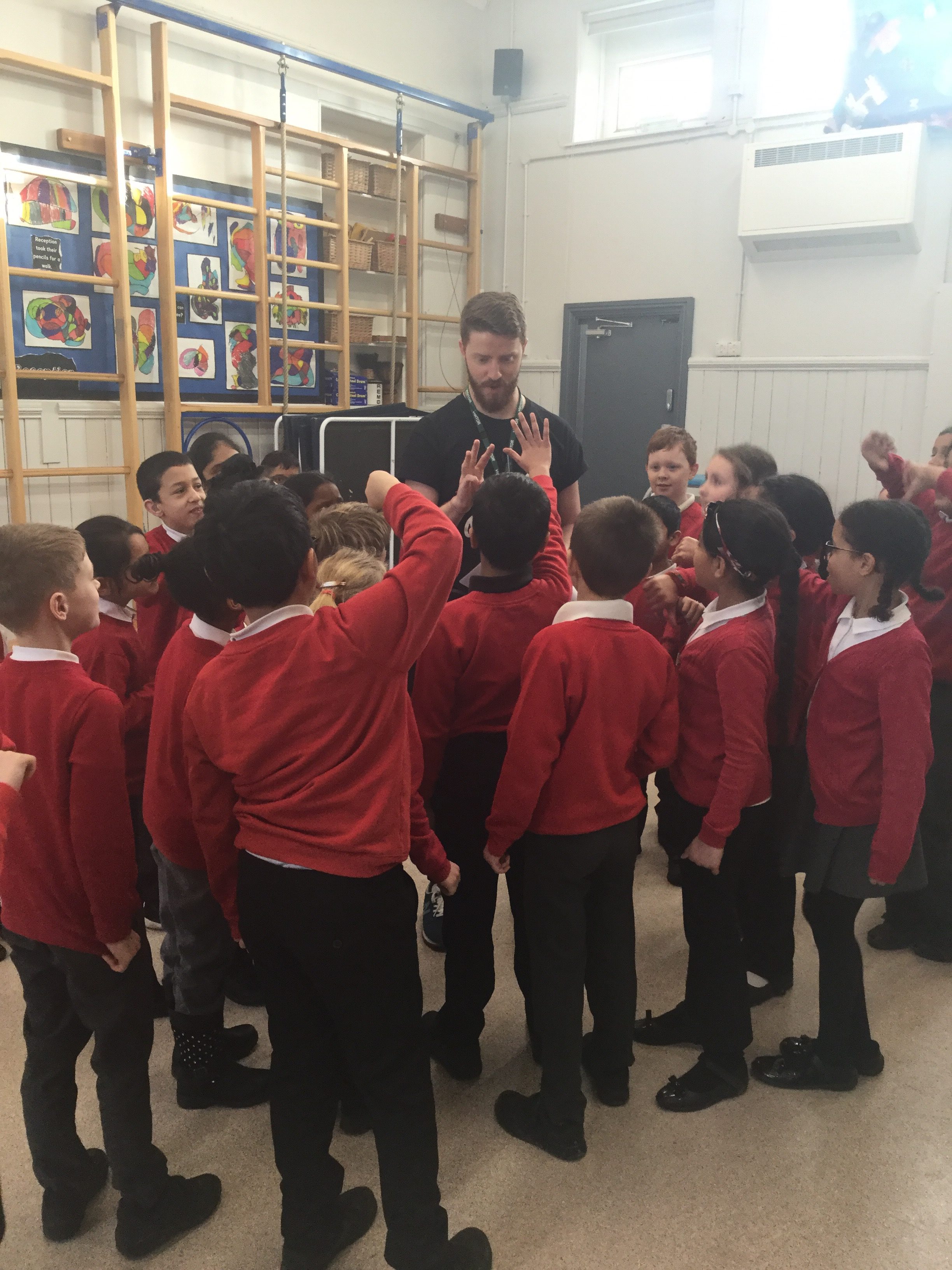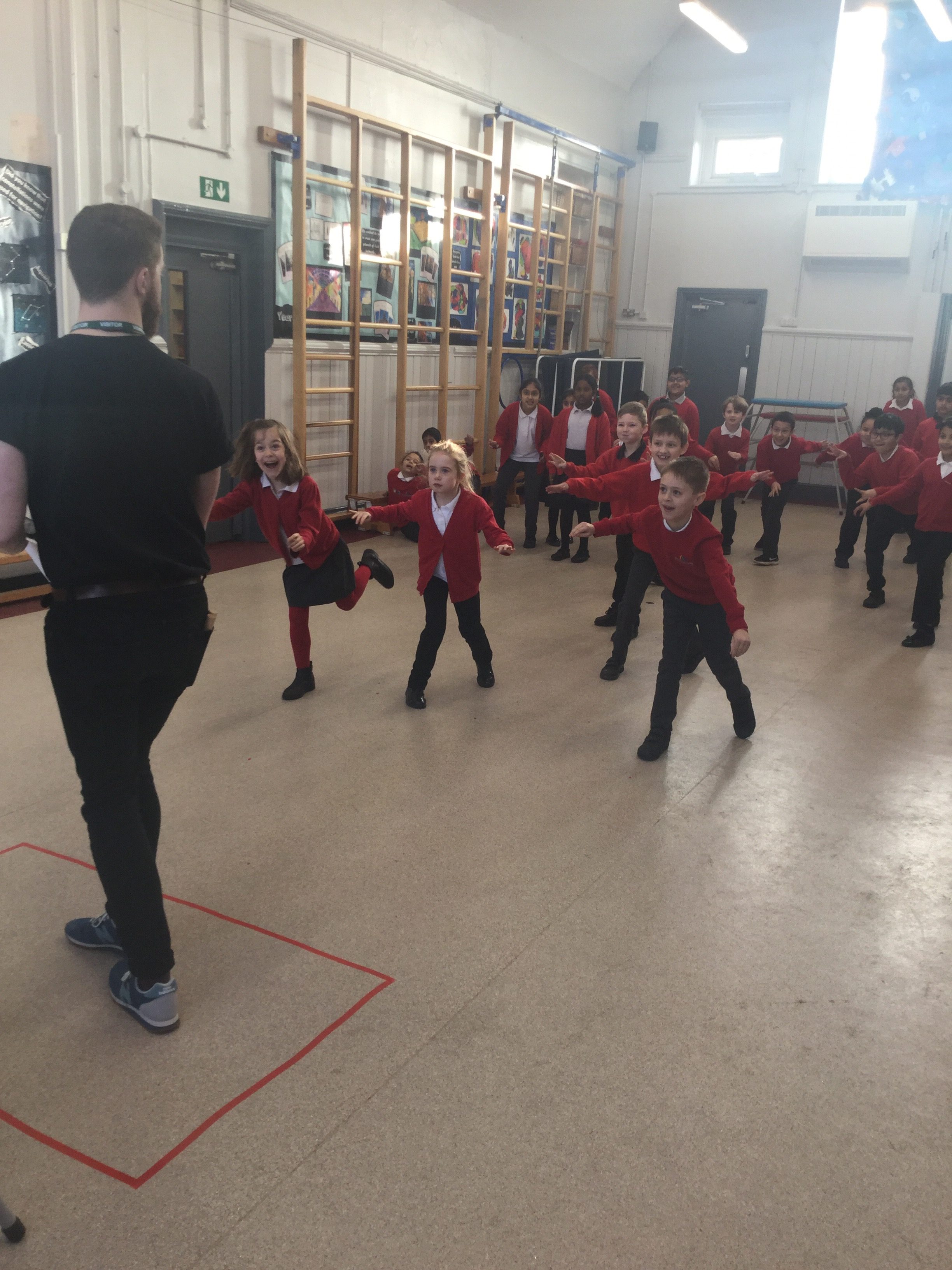Living and Learning: Staying Safe week day 3
We welcome four visitors to school today who will be giving a variety of staying safe messages as part of our themed week.
Thank you to Edinburgh Bicycle Cooperative who have been busy carrying out maintenance checks on lots of bikes and also delivering basic bike maintenance sessions to Year 5 and 6. Their shop is local in Chapel Allerton.
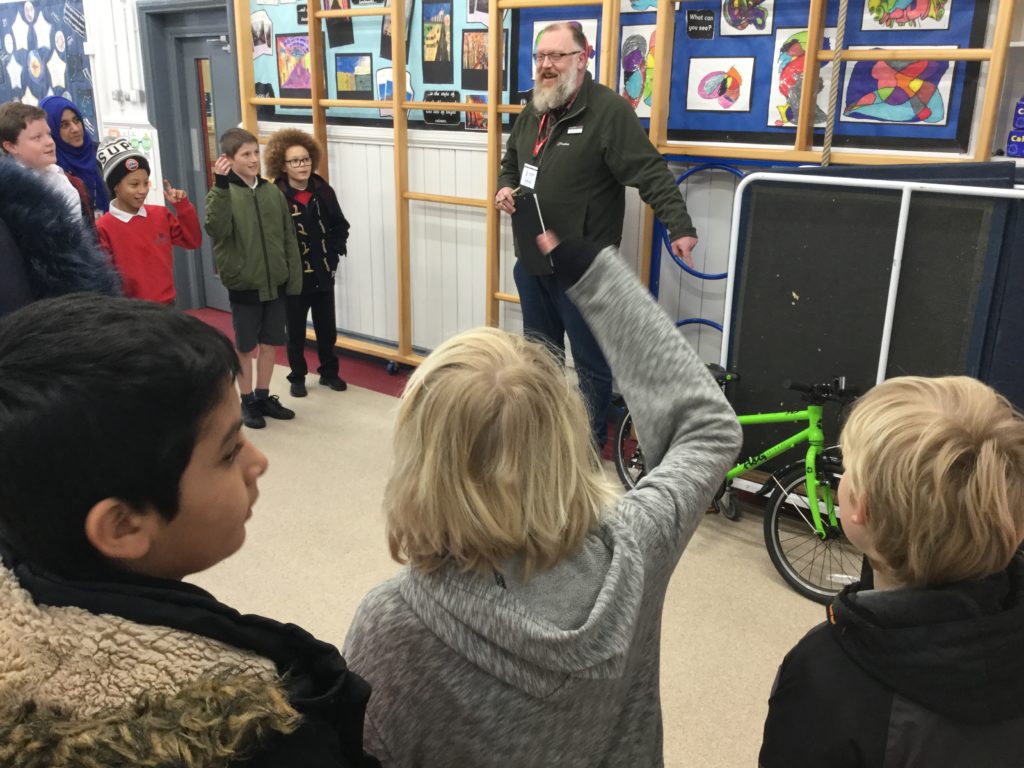
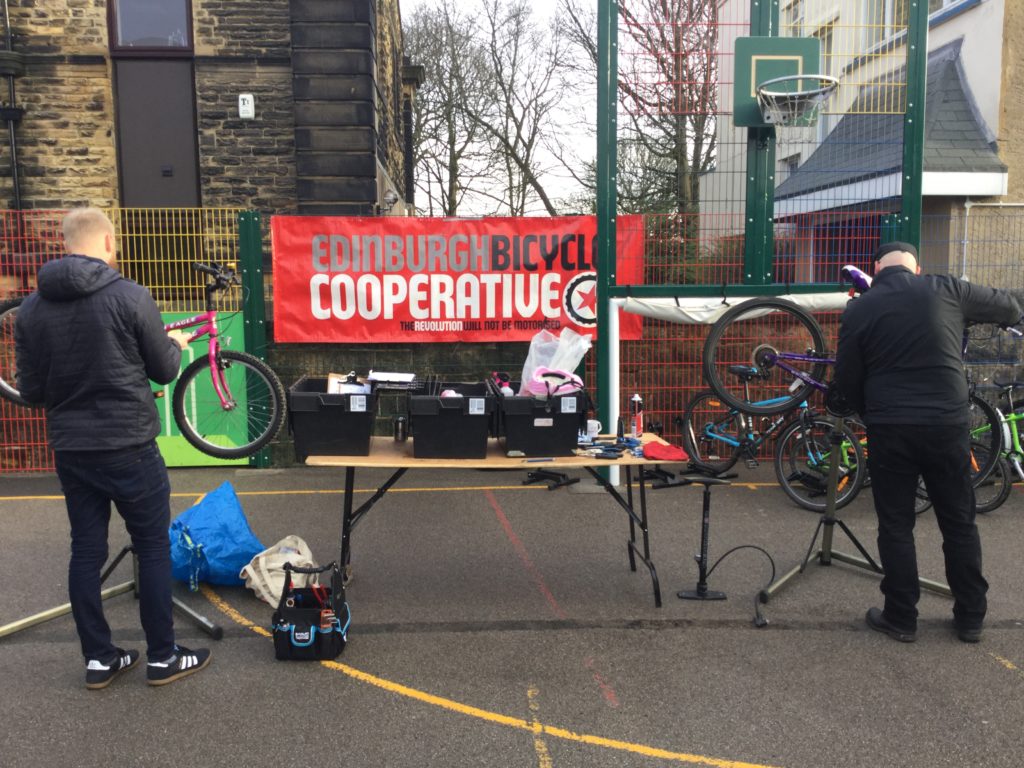
Thank you to Barrie and Christine, local volunteers from the Royal National Lifeboat Institution (RNLI), who are delivering water safety sessions to children in Reception to Year 4 across the day.
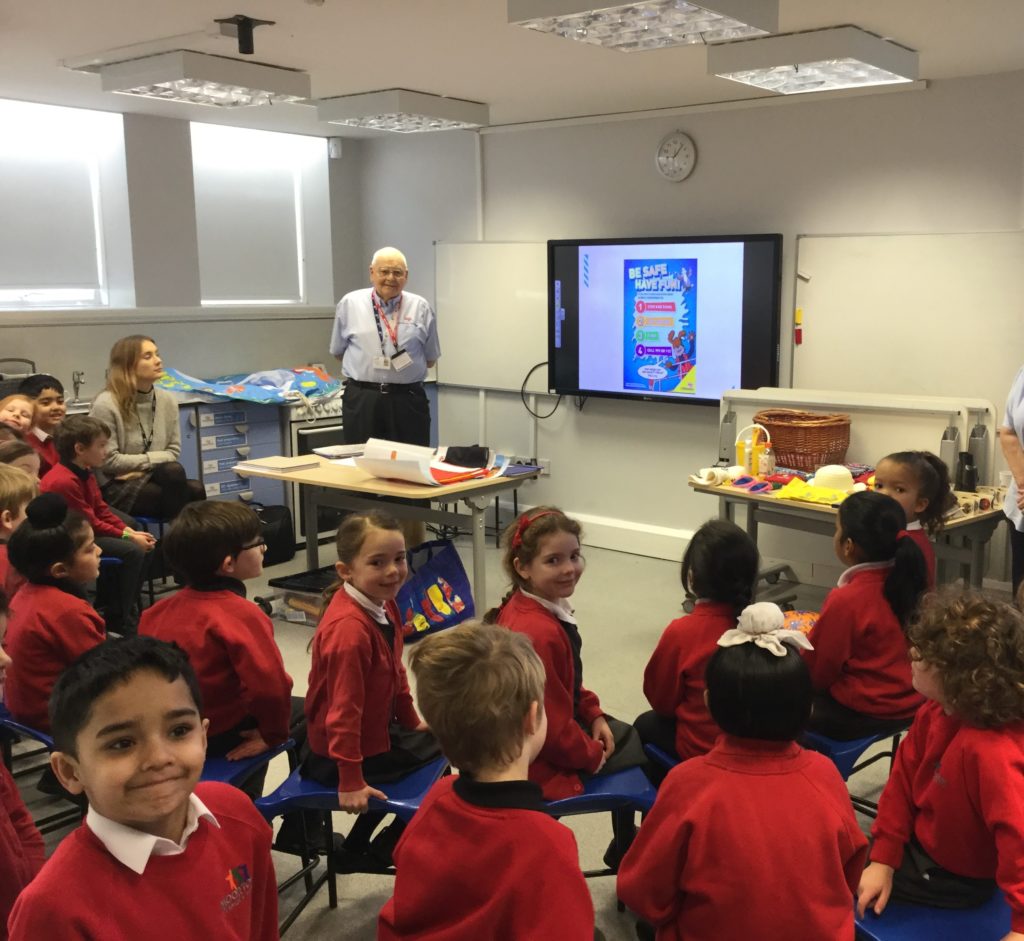
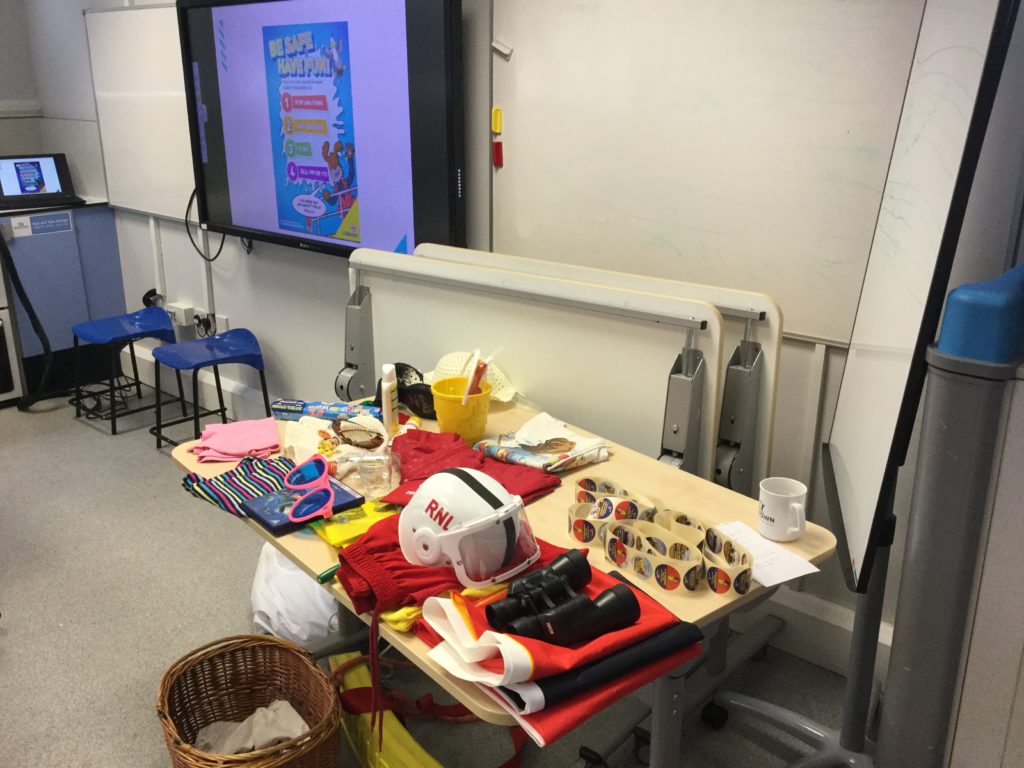
Dave from dside is with us today and Friday to deliver e-safety sessions to children in Year 1 to Year 6.
Finally, this afternoon, the Moortown Fire Service visit us to deliver a fire safety talk to Year 5.
These are just some of the visitors supporting our Staying Safe themed week to enhance our staying safe learning.
Living and Learning: Staying Safe at home
I can stay safe at home is one of our main areas of learning this week.
We used this interactive story to consider different dangers that could be found in the home.
Tiger the Cat sees Poppy being taken off to hospital in an ambulance and learns that she has been hurt at home. He is determined to go through the house and find out how she might have hurt herself, in order to make the house safer for the family. The story shows different rooms or areas around the house (kitchen, lounge, hall, landing, bedroom, bathroom, garden, garden shed) – each has a number of potential dangers.
Can your child remember the dangers found in the kitchen below?

Here is a summary of the Year 2 learning about keeping safe at home.

Staying Safe Week
What a start it’s been to our Staying Safe themed week! First, the children thoroughly enjoyed their scooter training. It was fantastic to so many children come to school on their scooters. It would be great to see the children continue to come to school on their scooters and put all those safety tips they learnt into practice.
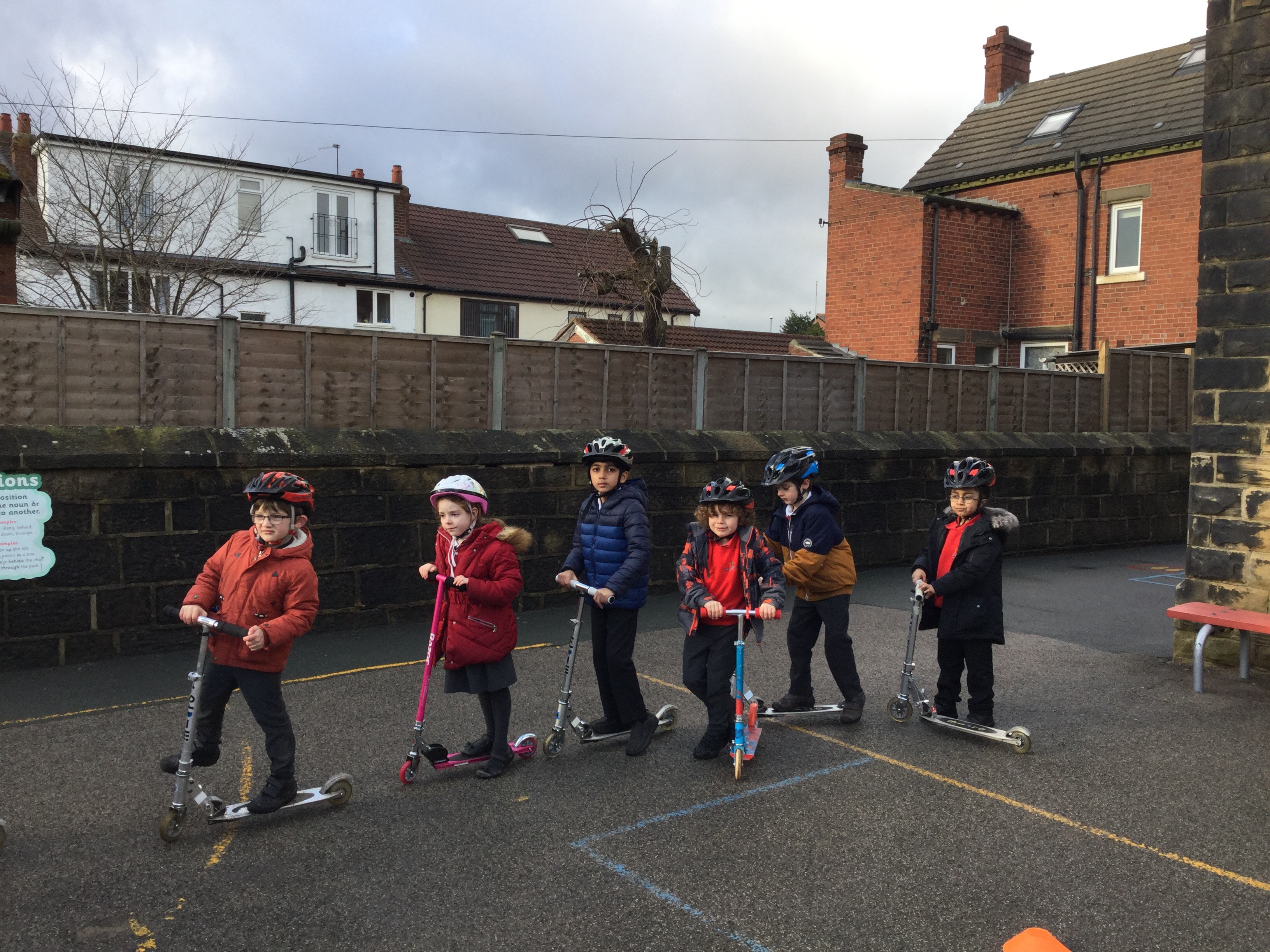
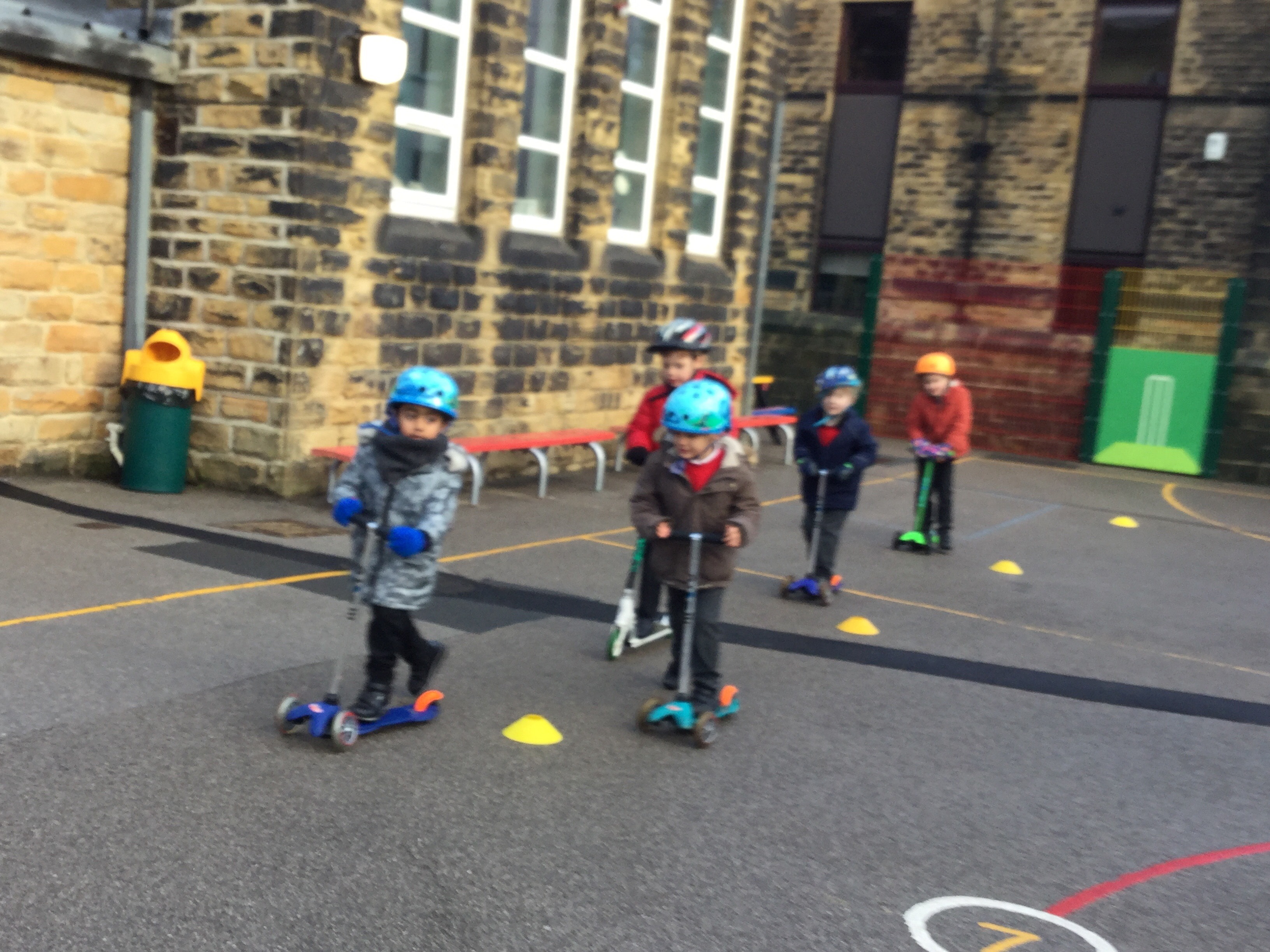
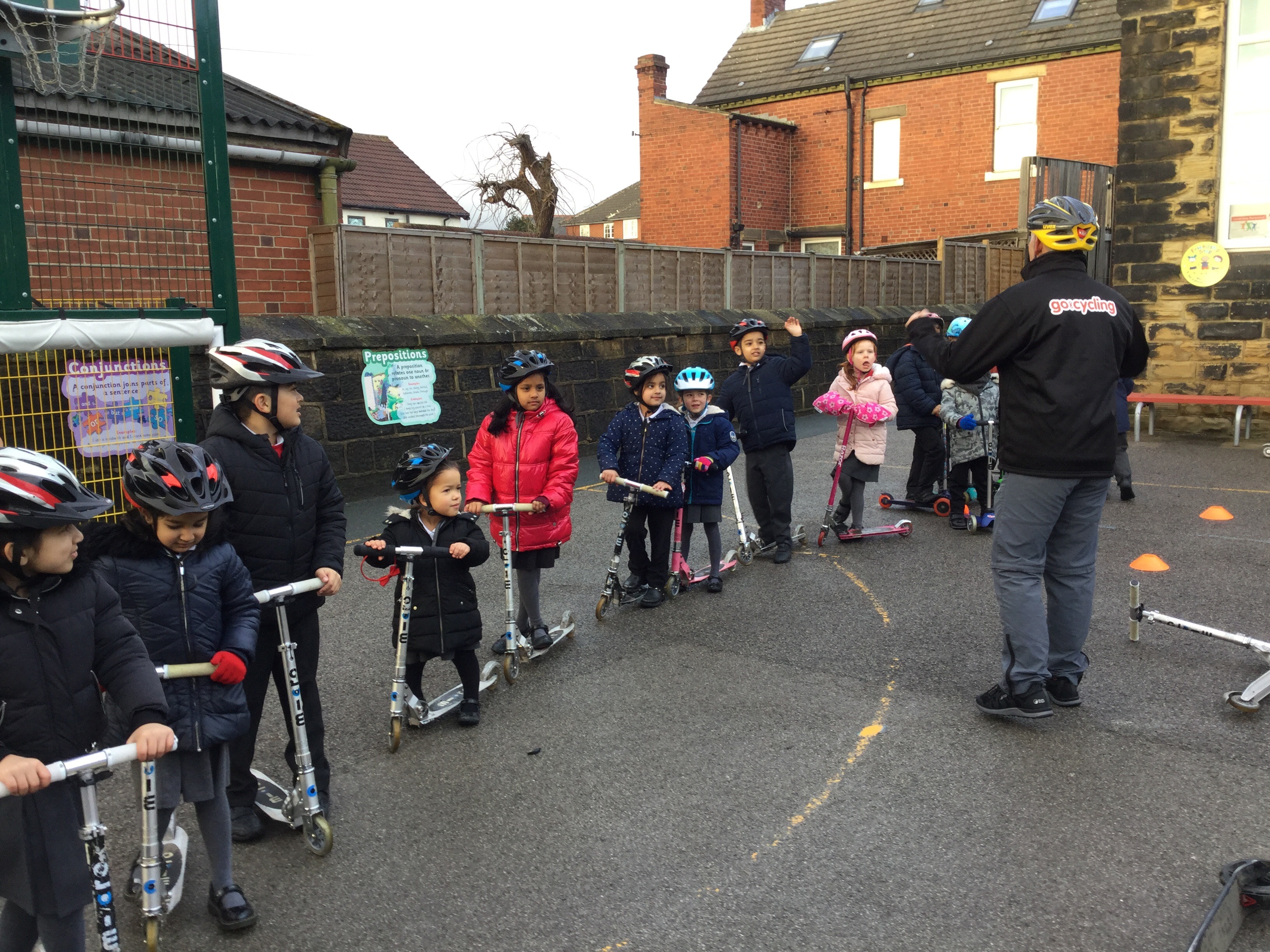

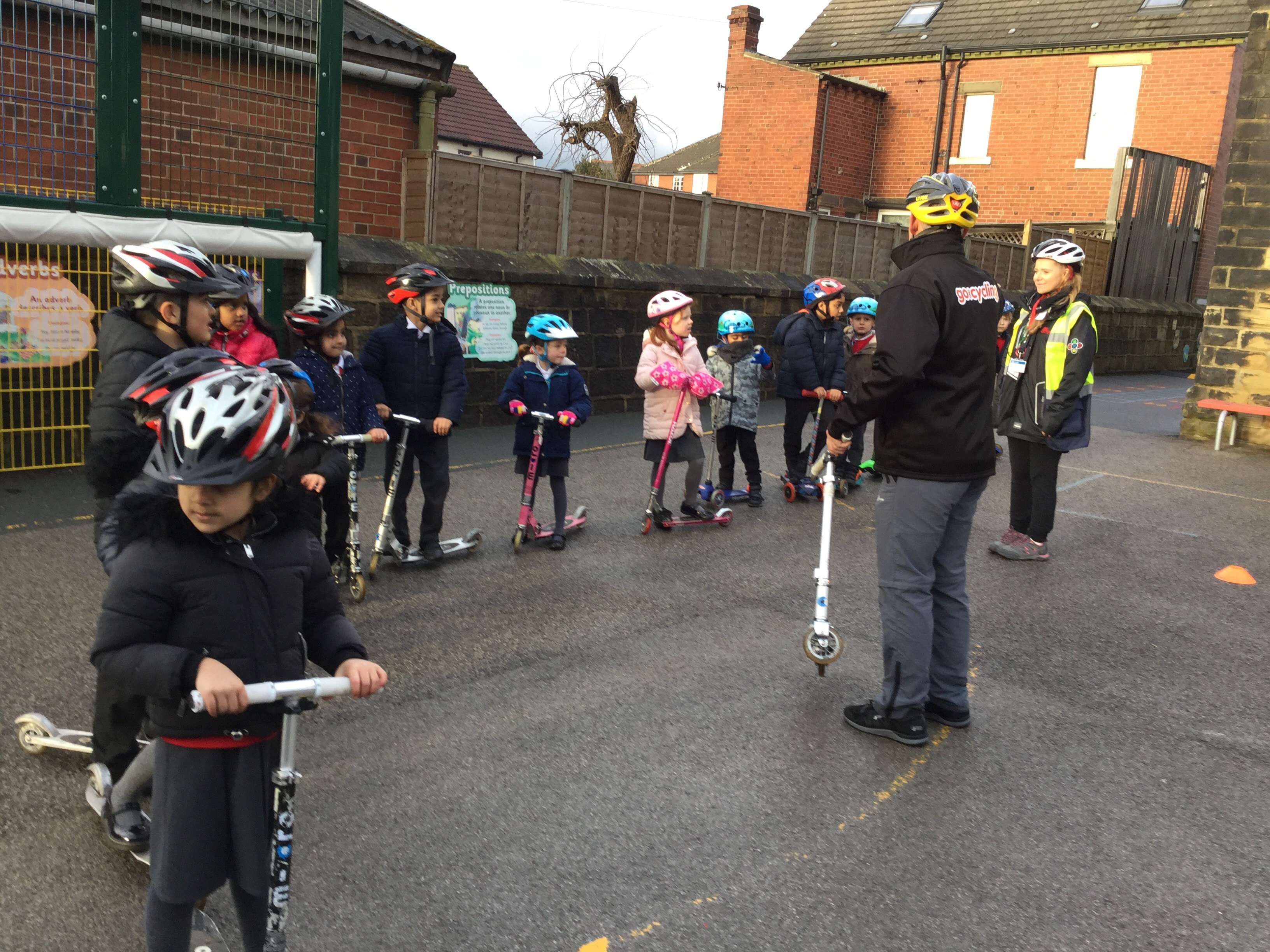
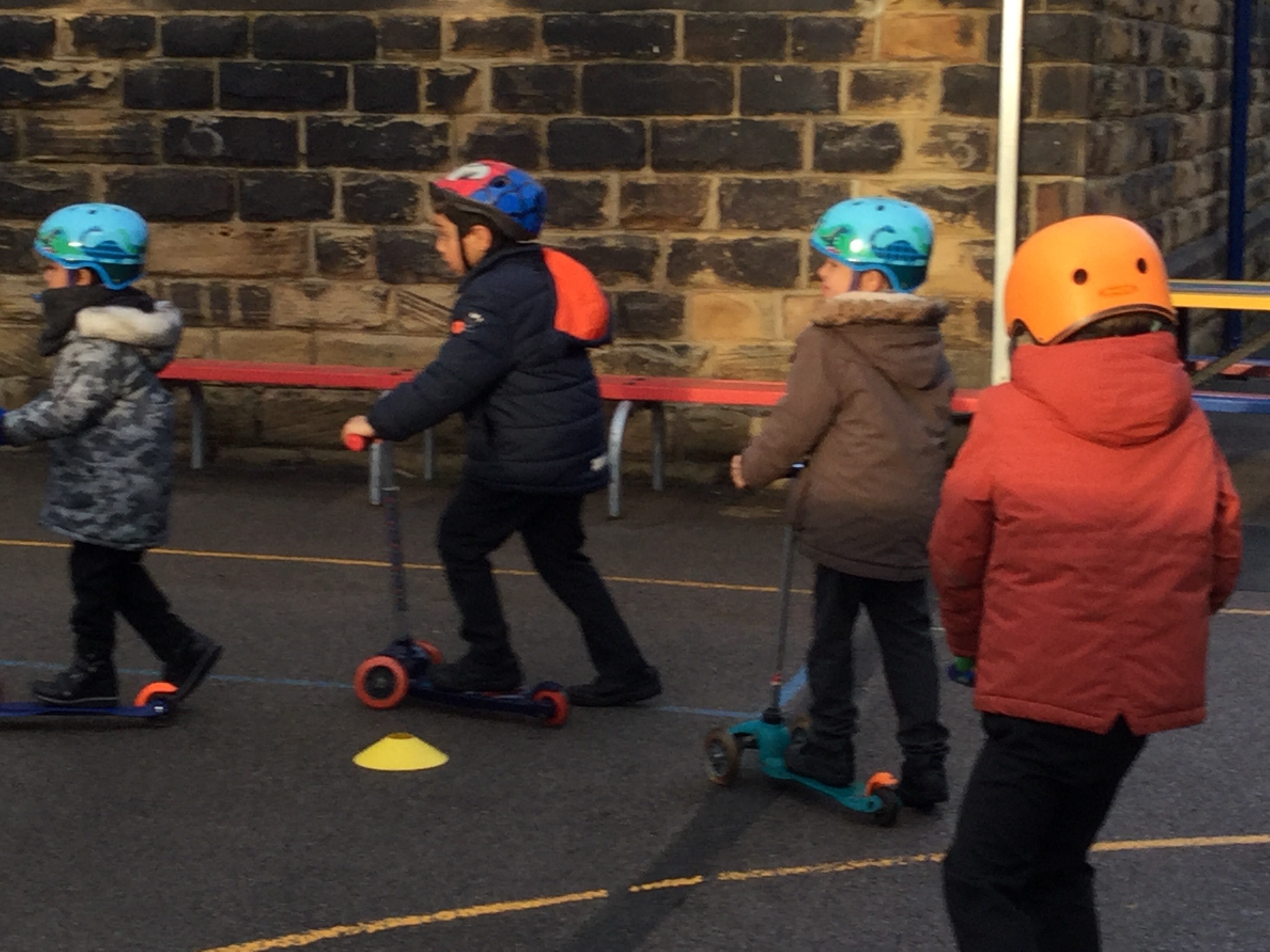
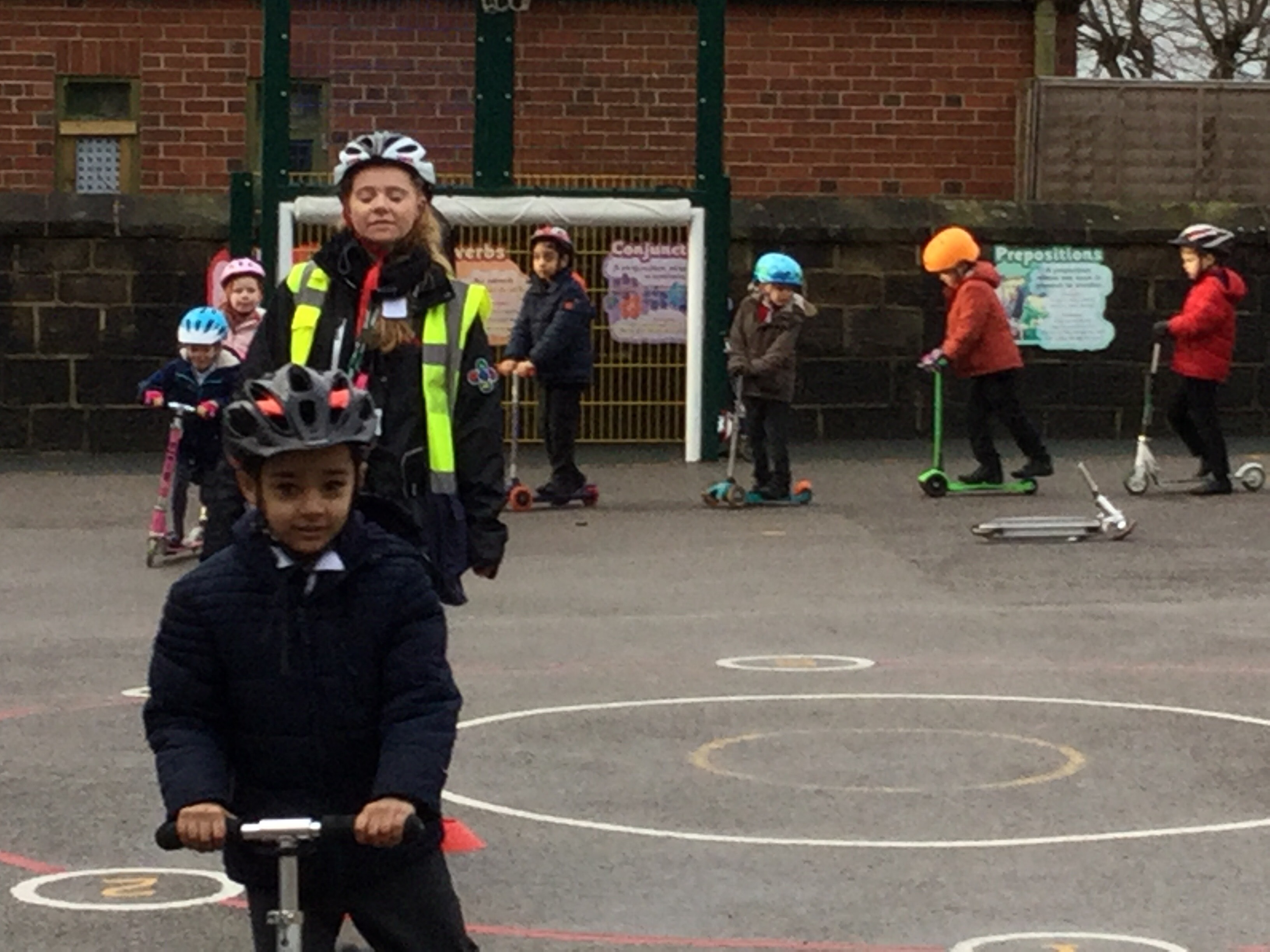
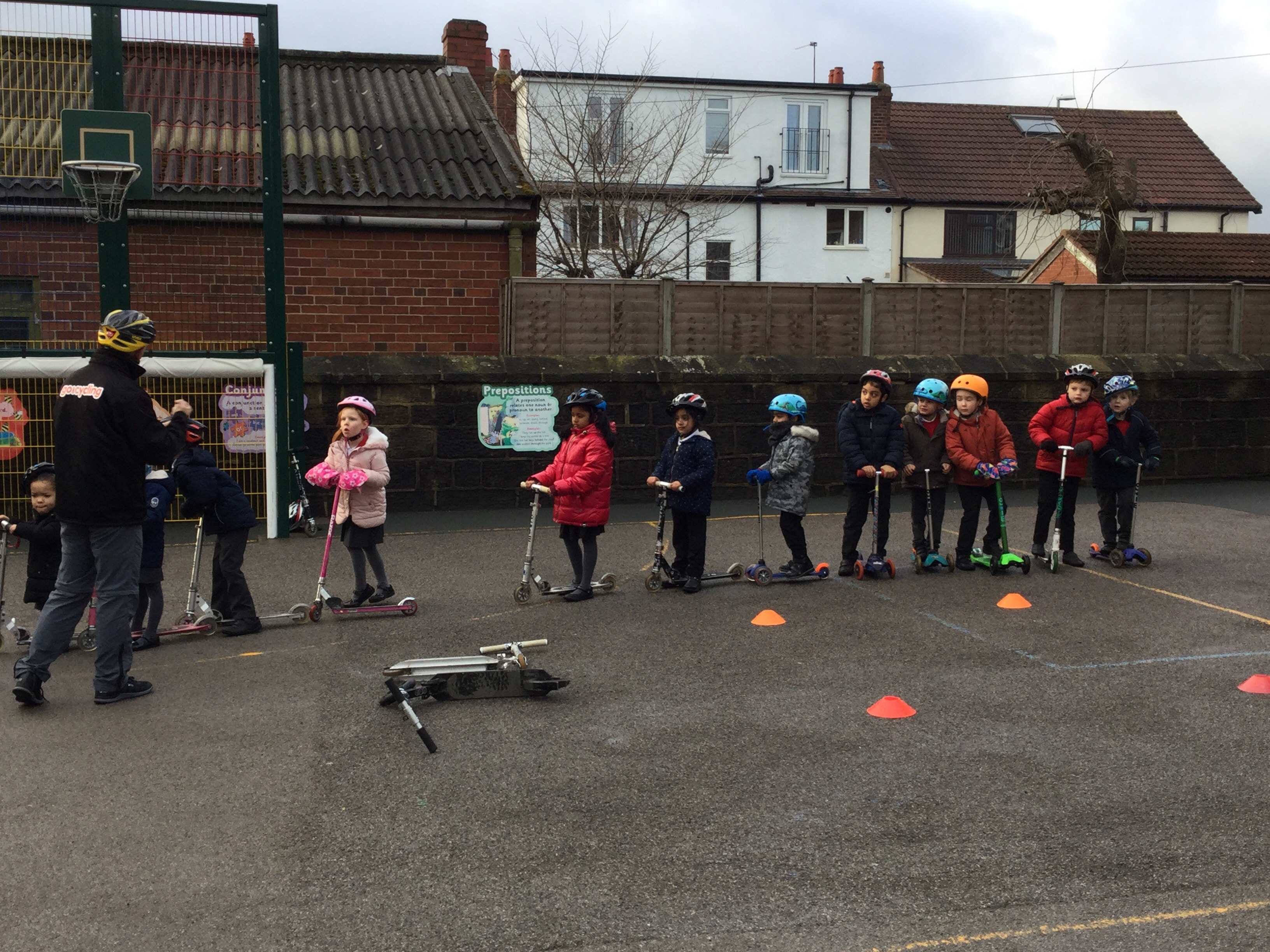
We also had a visit from Richard from One Day Creative. We learnt lots about staying safe online thanks to Richard. He told us a brilliant story about a pirate called Captain Digi and the many adventures he had been on sailing through the seas of the internet. In the story, Capital Digi showed us how to escape phishing mermaids and dodge the tentacles of cyber bullies. He also taught us the importance of keeping our pirate identities secret.
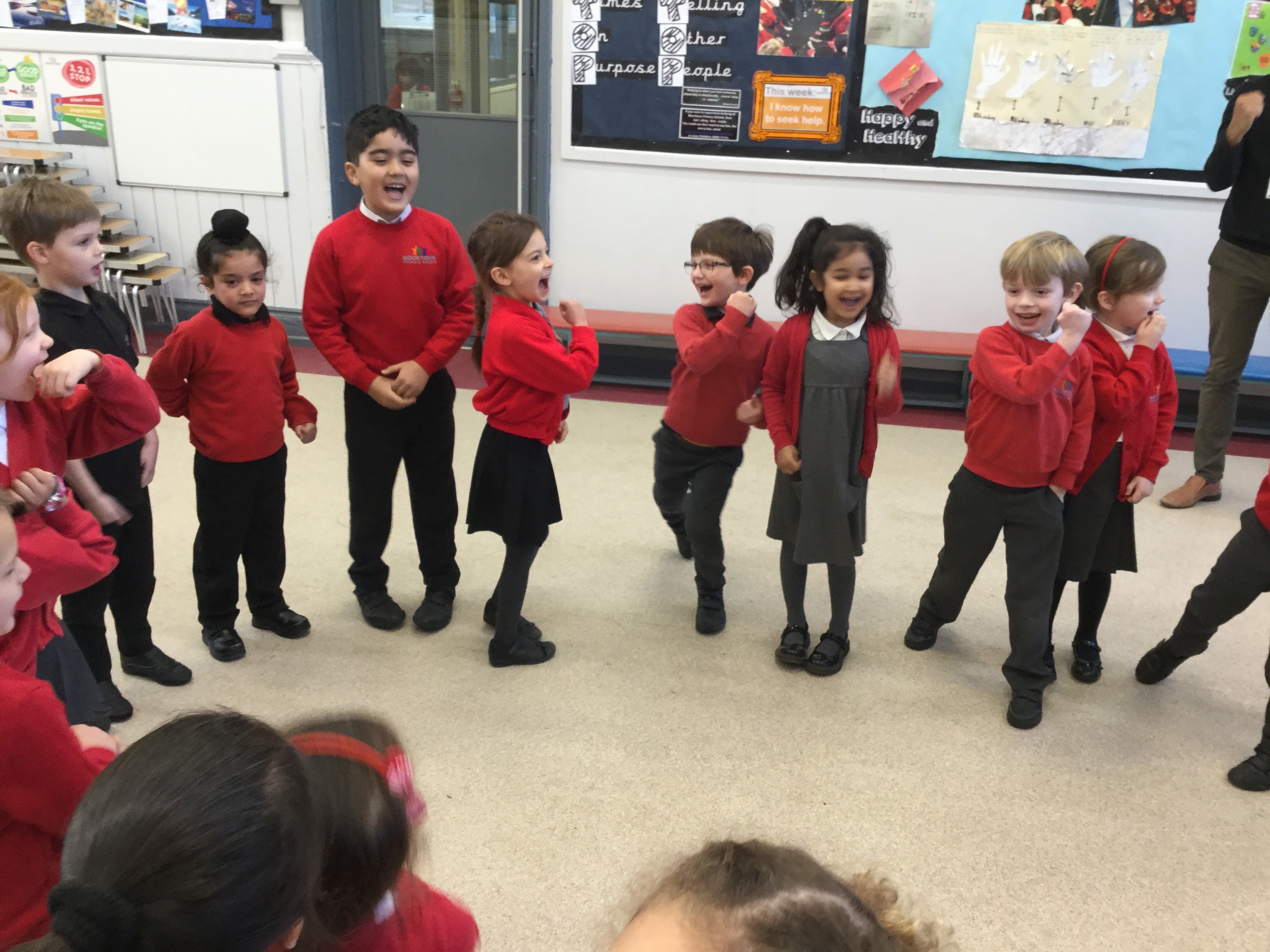
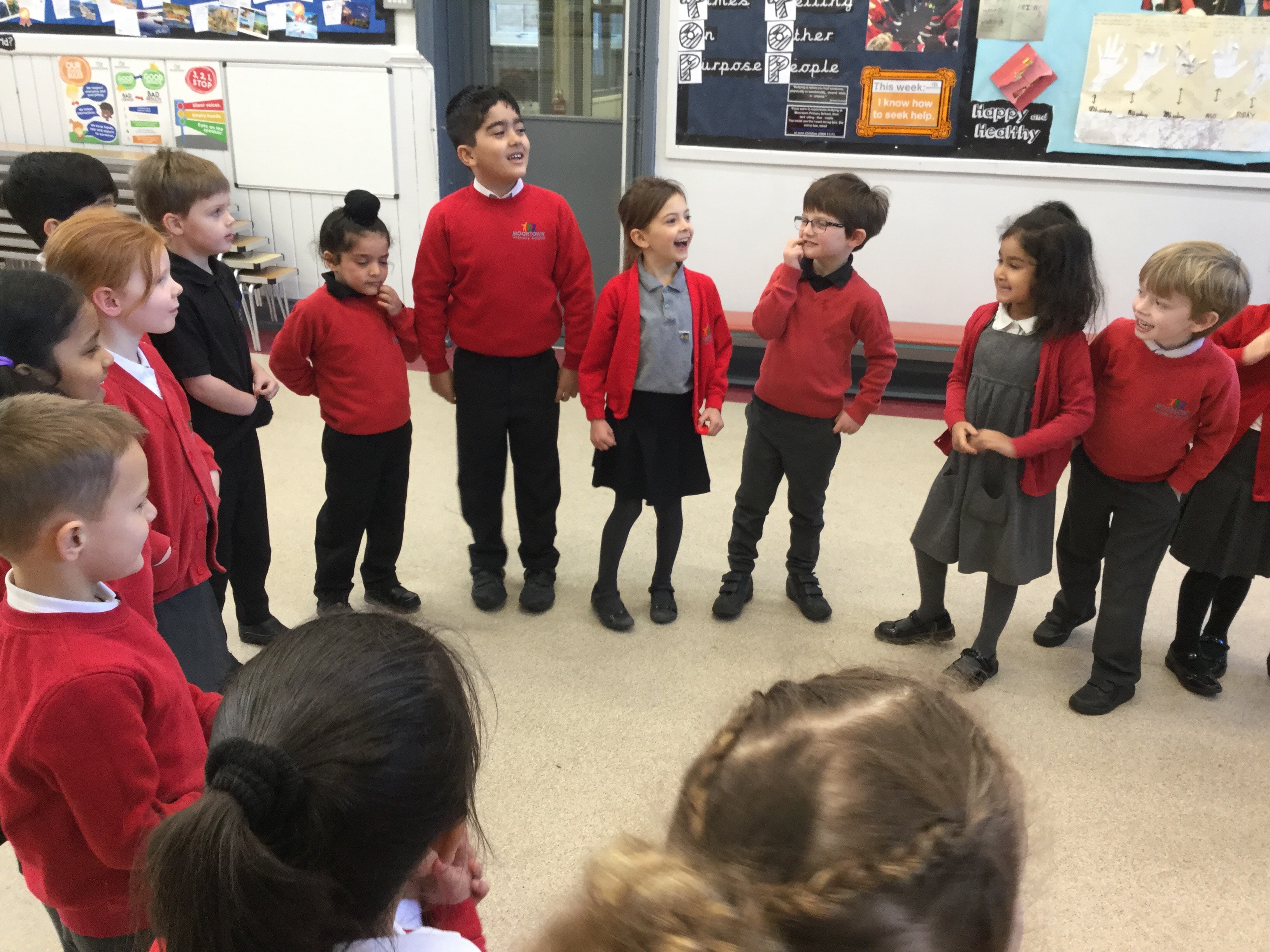
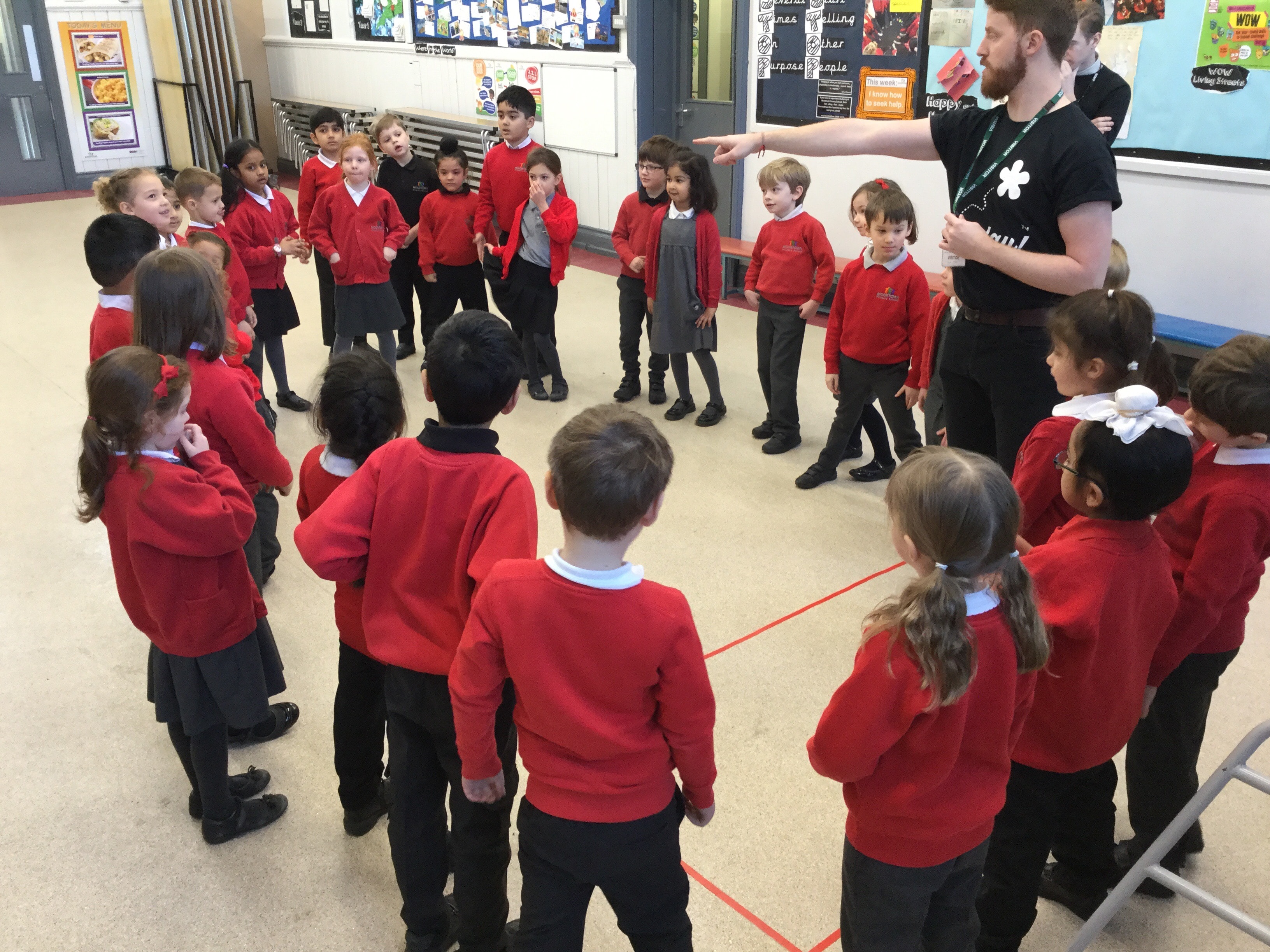
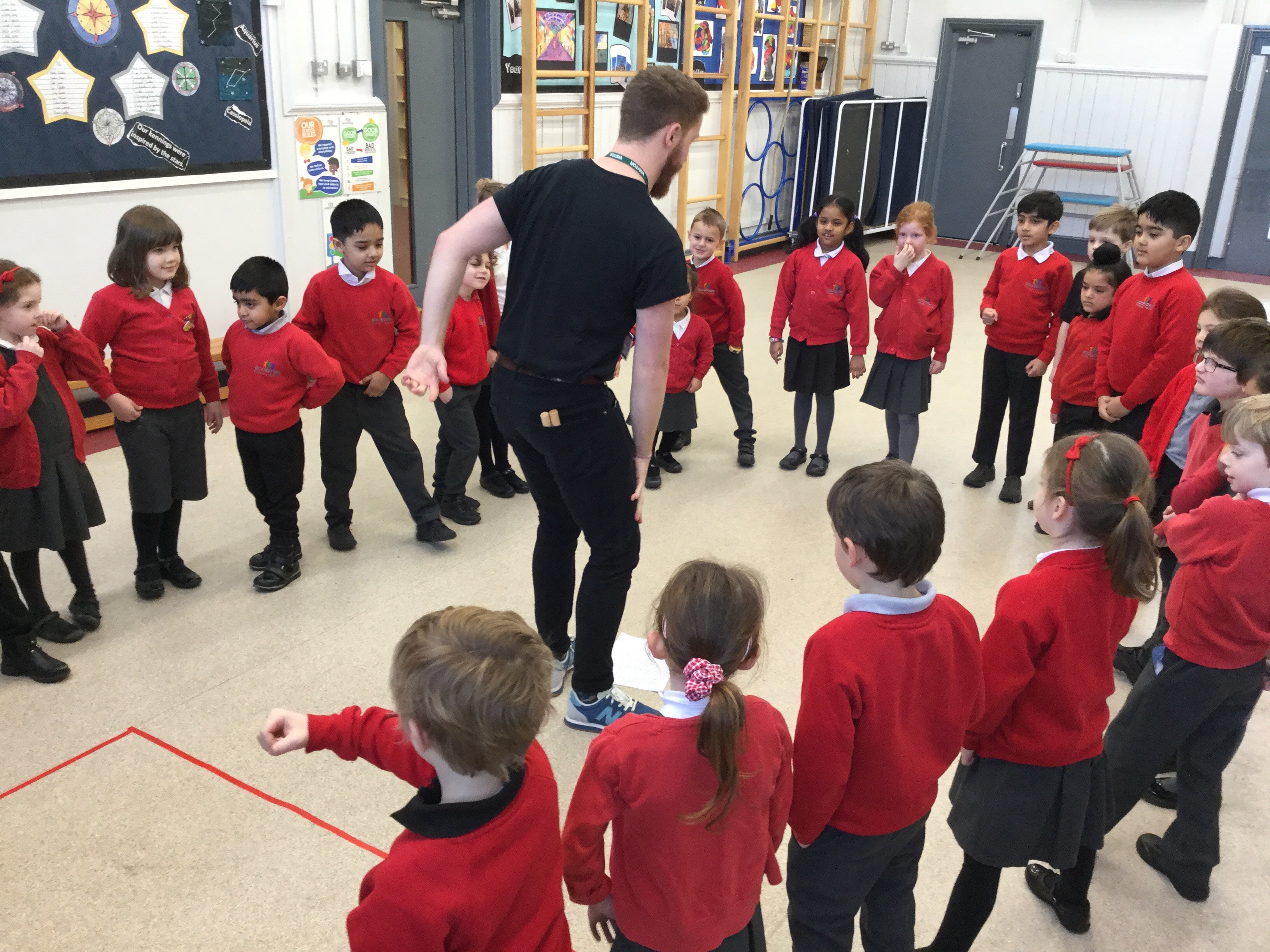
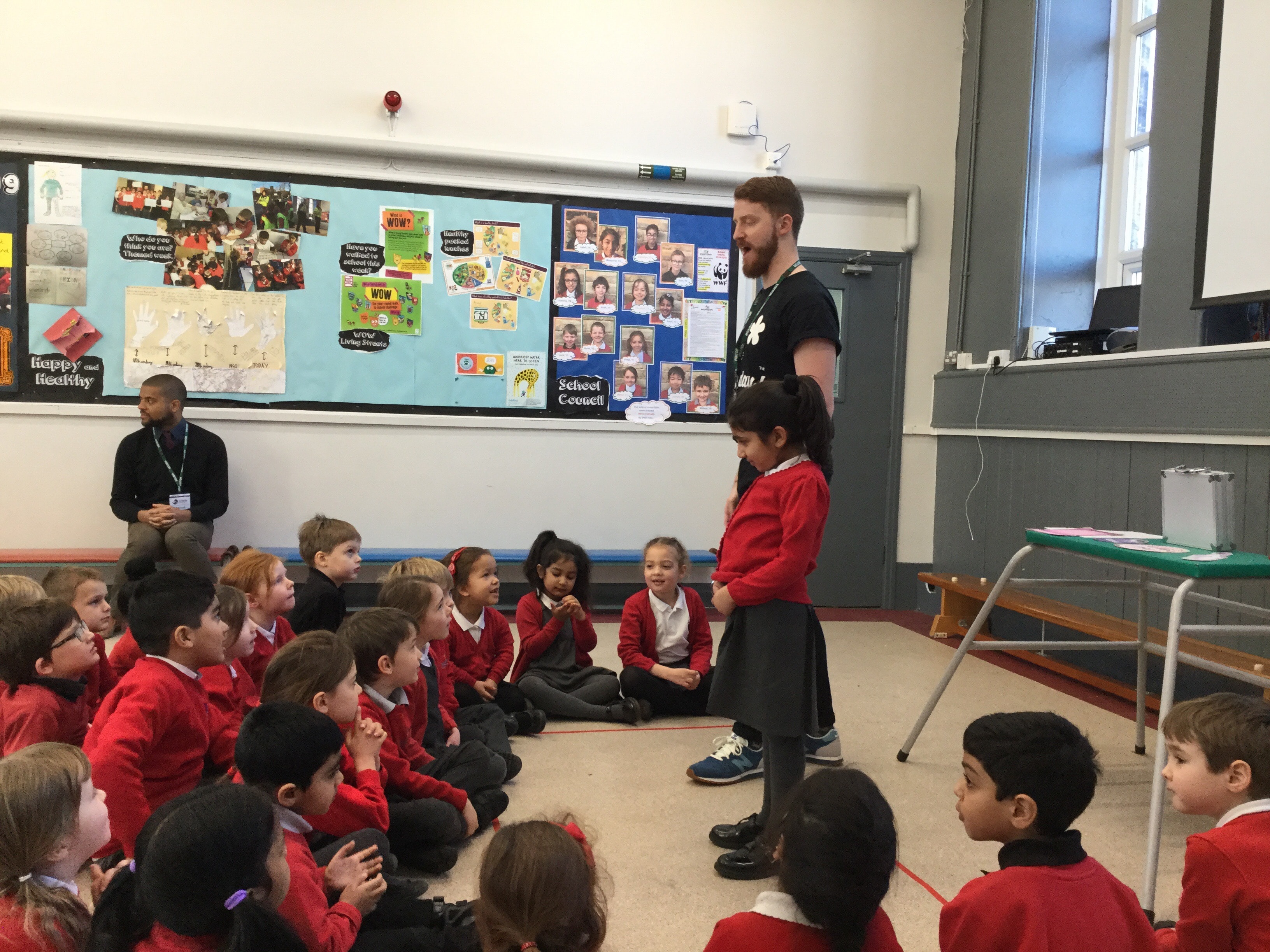
On Tuesday, we were very lucky to meet some of our areas PCSOs. The officers talked to us about the importance of staying safe in the environment and that they are always there to help if we need it.
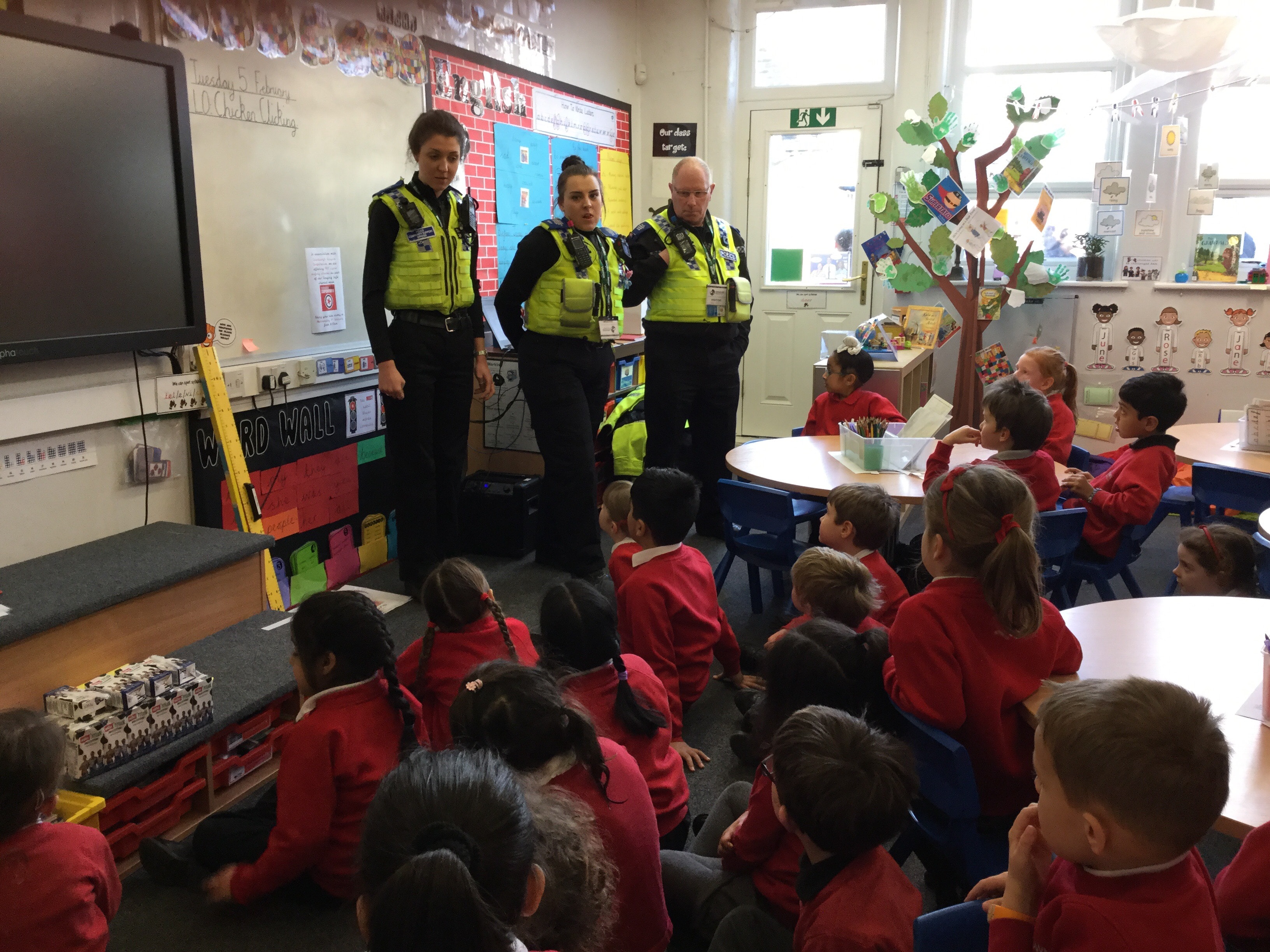
Living and Learning: Safer Internet Day
I can stay safe online is one of our main areas of learning during the Staying Safe themed week.
Today, the children from Reception class, Year 1 and 2 were mixed up and they visited different teachers to learn all about keeping safe online.
This video highlights some key messages for when children might be playing a game online.
Here is a summary of the Year 2 e-safety learning for you to discuss with your child at home.

Living and Learning: Staying Safe with the police
Some of our local PCSOs came to visit school today. They talked about their role helping people in the community and keeping them safe. The class had some interesting questions to ask them.


‘I learnt what police community support officers do. They don’t have handcuffs as they don’t arrest people.’
‘I learnt that they work in different parts of Leeds.’
‘We saw the different parts of their uniform and we heard someone talking on the walkie talkie. On the top of the walkie talkie, there is a panic button so they can get help from other police officers.’
Living and Learning: Staying safe in the home
As Year 6s, the children will need to be more independent around the home so we learnt how to use the kitchen safely on our own.
We discussed making toast with the toaster and using a grill. We decided it would be safer to use the grill with an adult around but we could use the toaster on our own. At home, ask us how we can use the toaster safely – we should have loads of tips!
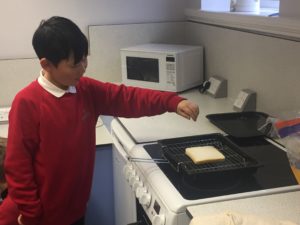
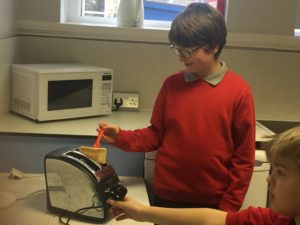
We talked about that pesky situation where your piece of toast is too small and you can’t get it out safely with your hands.
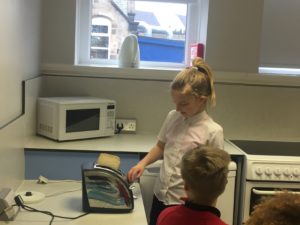
We know how to use the hob safely so we can cook our beans to go on toast.
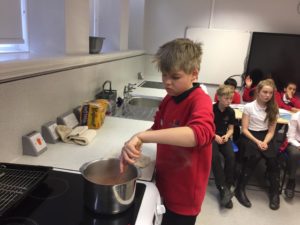
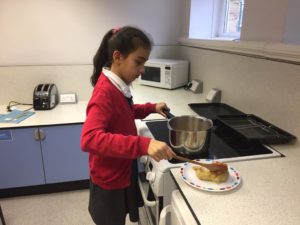
And, we learnt the dos and don’ts when cooking jacket potatoes in the microwave.
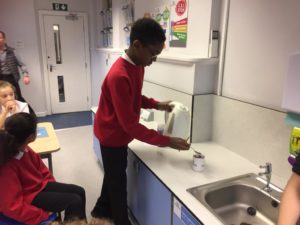
Finally, we finished with pudding and now know how to make the safest hot chocolate. Ask us to make you a tea, coffee or hot chocolate – we can do it safely.
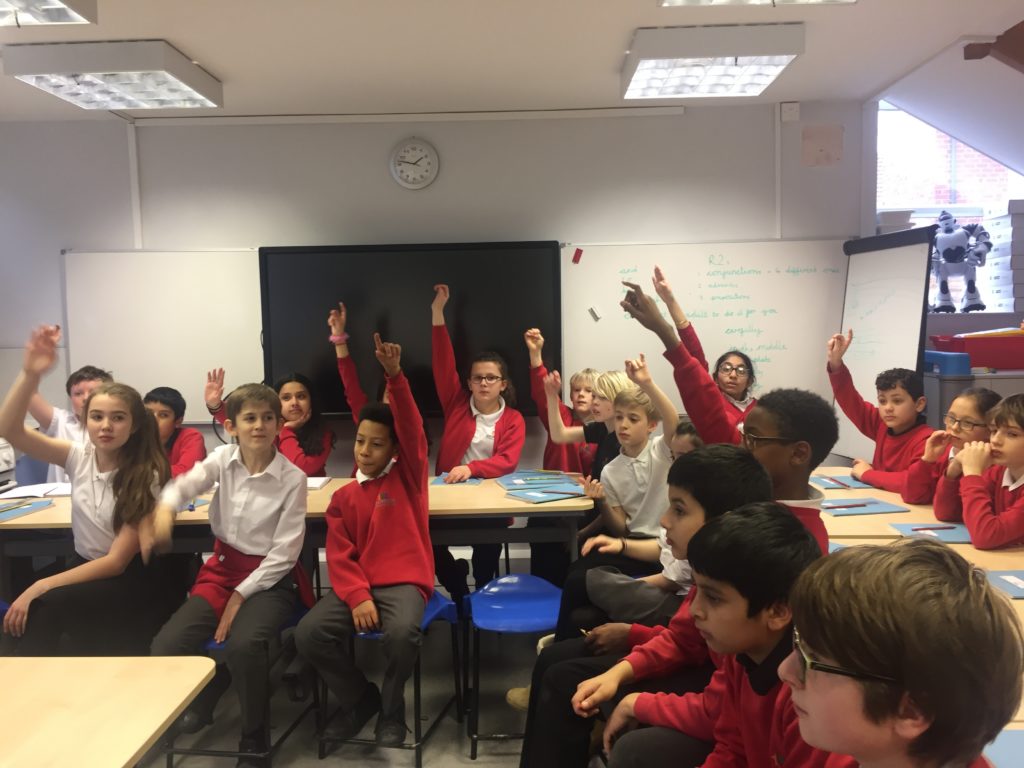
The children were really interested and involved in the whole session with lots of suggestions and questions to further their learning.
Living and Learning: Safer Internet Day
It’s Safer Internet Day and this has been a focus of learning today as part of our Staying Safe themed week. Below are some top tips for parents and carers to support your child to enjoy technology and the internet safely.
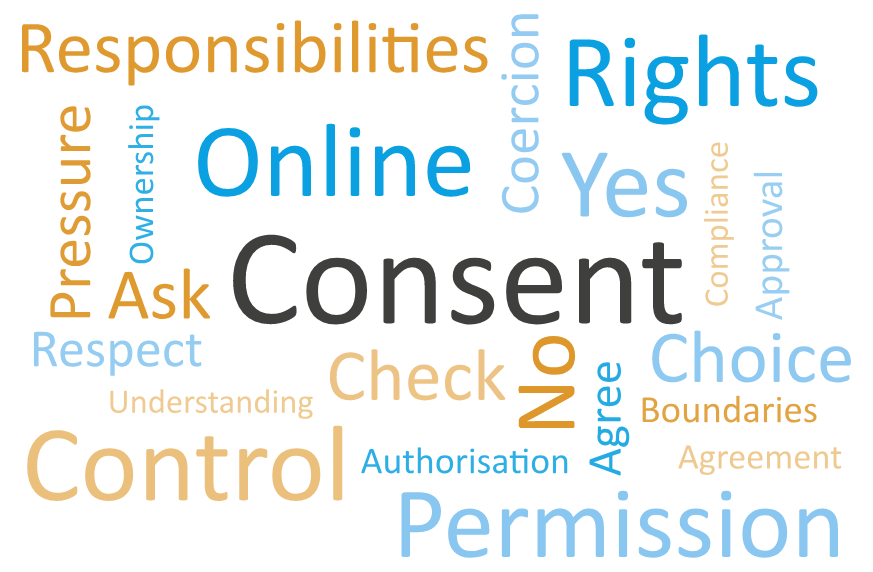
Our internet, our choice, so…
- Choose to have a conversation
Talk regularly with your child about how they use technology, and find out what their digital life is like, including what their favourite sites and services are and also how being online makes them feel. Listening to your child will give you the best possible idea of how you can support them. Not sure where to begin? Have a look at our suggested conversation starters for parents.
- Choose to take a balanced approach
As parents it’s natural to feel worried about the risks posed by your child being online, but for young people the online world is exciting and fun, as it brings so many opportunities for them. Remember that your child will use technology and the internet differently given that they are growing up in a world immersed in all things digital. Try to look at both the positive and negative aspects of being online and empower your child with safe choices they can make instead of overwhelming them with restrictions.
- Choose to make use of the tools available to you
There are lots of tools to help you manage the devices used by your family. For example, knowing how to activate and use parental controls can help protect your child from seeing inappropriate content online. For advice and guidance on how to make use of parental controls and other safety features on devices, check out our free Parents’ Guide to Technology and Internet Matters’ step-by-step parental controls guides for online services.
- Choose to get help and support
It can sometimes feel like young people are the experts in all things digital but remember – you are the life experts. You are always there to help your child but make sure you know how to get support too by visiting our Need Help? page. You can take steps to support your child online by using features such as privacy settings on social media and understanding how to make a report on a range of apps, games and services.
- Choose to be current and topical
This Safer Internet Day focuses on the very relevant topic of consent in the digital world. Use this as an opportunity to support your child with how they tackle digital consent within relationships and friendships as well as how online services use the data we provide. Use our quick activities as a family this Safer Internet Day to help you unpick this topic together.
Living and Learning: Staying safe in our environment
Y6 visited the local park this week as part of Safety Week. On the way there, we discussed what risks we might come across: traffic on the road, trip hazards, dogs in the park and slippery equipment.
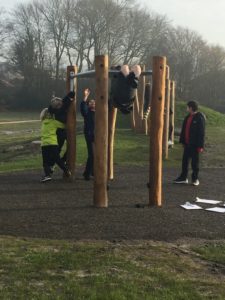
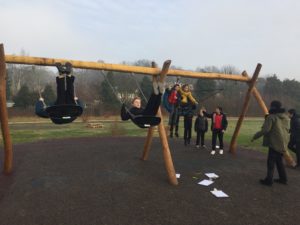
We enjoyed playing on the equipment – safely of course – before heading back to school and filling in a risk assessment for visiting the park.
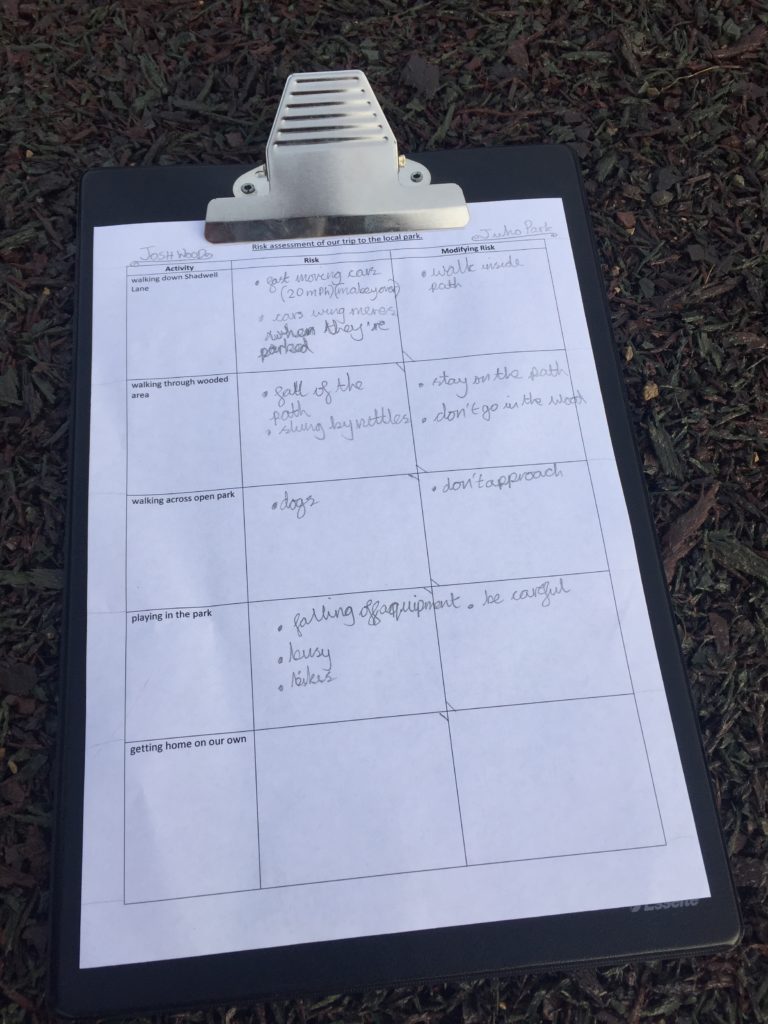
This sort of activity is increasingly important for our Year 6s as they’ll be taking more and more responsiblity for themselves as they get older and move into high school. At home, start discussing doing things on their own and what they can do to do those things safely.
Free bike check Wednesday 06 February
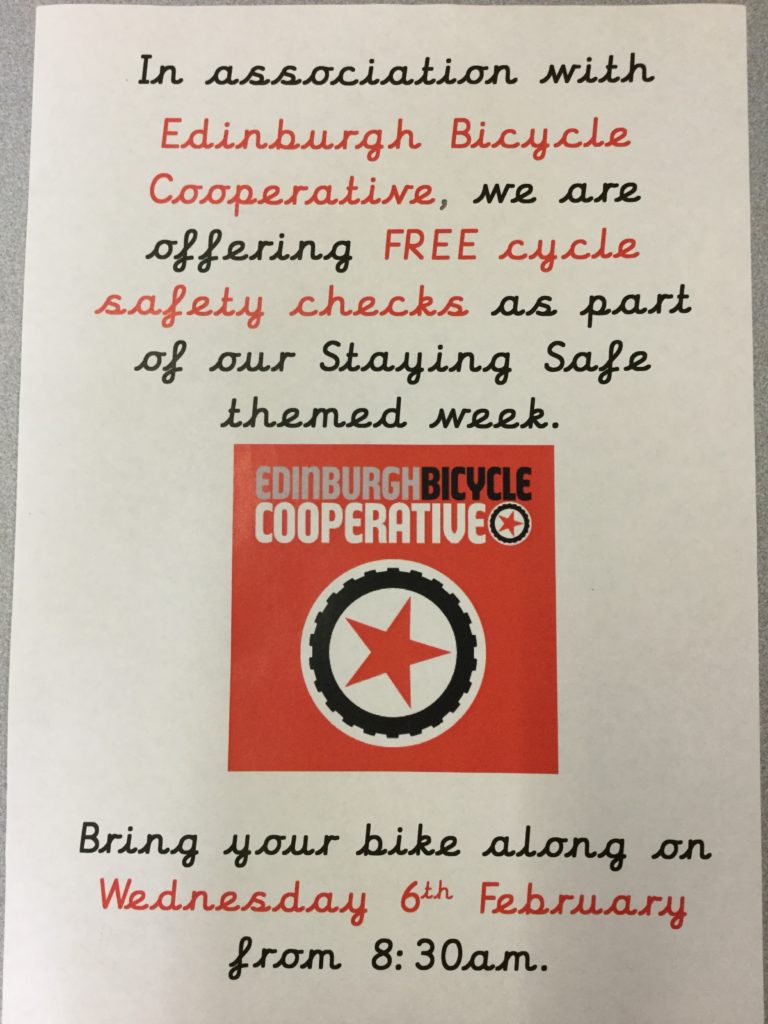
Mission: Internet Safety
Today was esafety day. We learnt that esafety stands for electronic safety. We learnt lots of ways to stay safe online and when using electronics. There are lots of fun ways of using these electronics but we explored the need to be safe while we are online.
We started by becoming characters in the new online spy game John Bond. We started by inventing, and introducing, our spy characters with our signature spy moves.
We talked about what usernames are and who would see our usernames online (strangers). Because of this we learnt that we need to be very careful about what personal information we use as part of our usernames. In particular we shouldn’t use our names, ages or addresses. We then discussed how to make passwords super safe so people cannot crack them. Suggestions included: swapping letters for numbers like e for 3 or o for 0.
Passwords are personal and we should never say them out loud. We discussed that we can share these with our parents or carers but not to other people to keep ourselves safe. We talked about our right to say no and that no means no. We talked about not needing to feel bad or uncomfortable in saying no as it is our right. We agreed that if we are worried about upsetting someone by saying no then we will always talk to another parent or adult at school about it.
We then met 008 and her spy case…
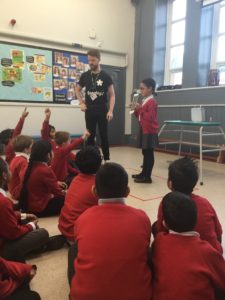
We were given a block button to press if something happened that we didn’t like while we were playing the game. We learnt that at home we can press it if we saw something we shouldn’t see of if we got a message from someone we didn’t know.
We were given a screen shot to press if we wanted to capture a photo of our screen. We learnt that we can use this if someone sent us a message to help us report them.
We were also given a giant phone with which we were able to call the makers of the game, and report if anything went wrong.

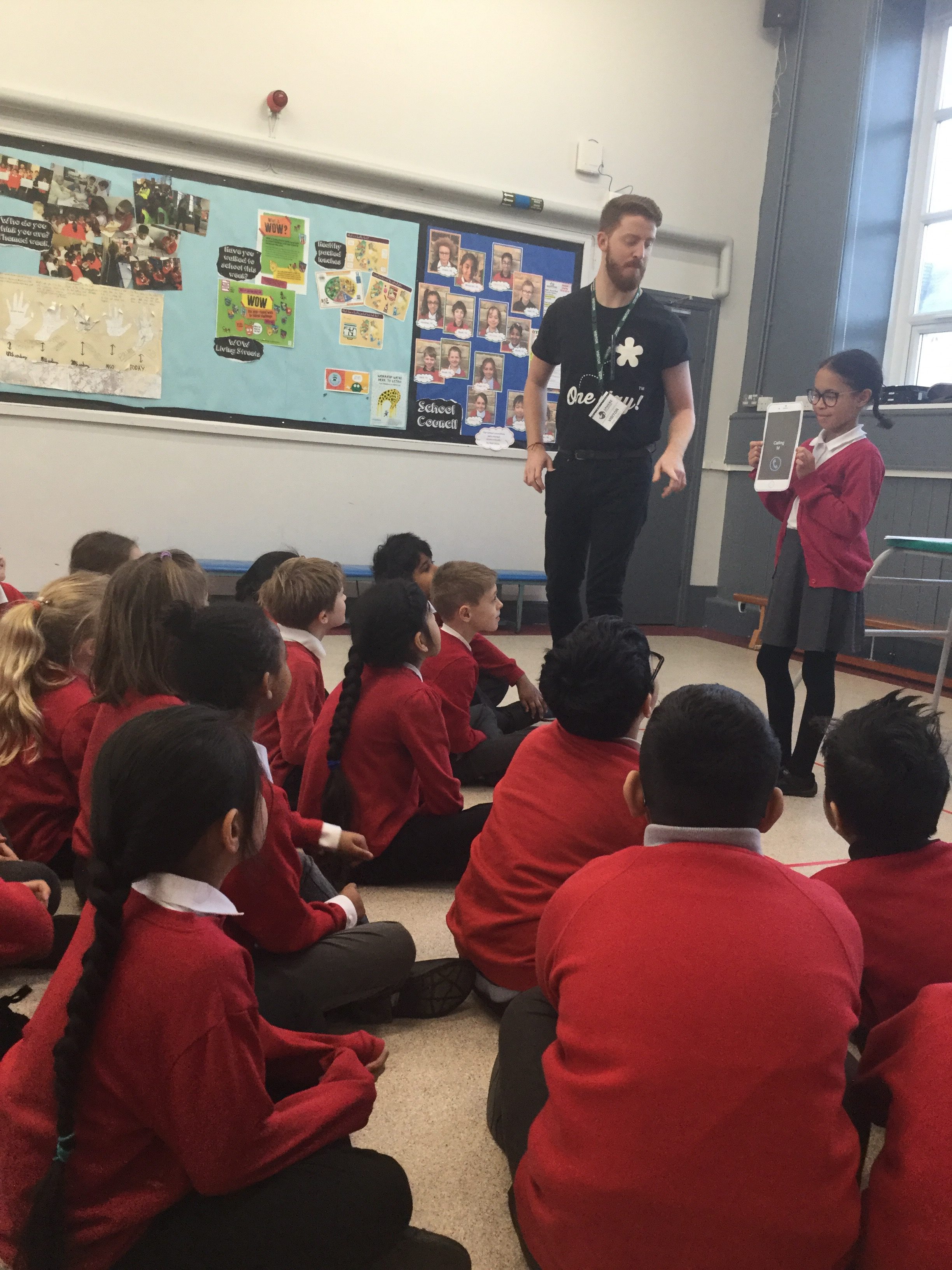
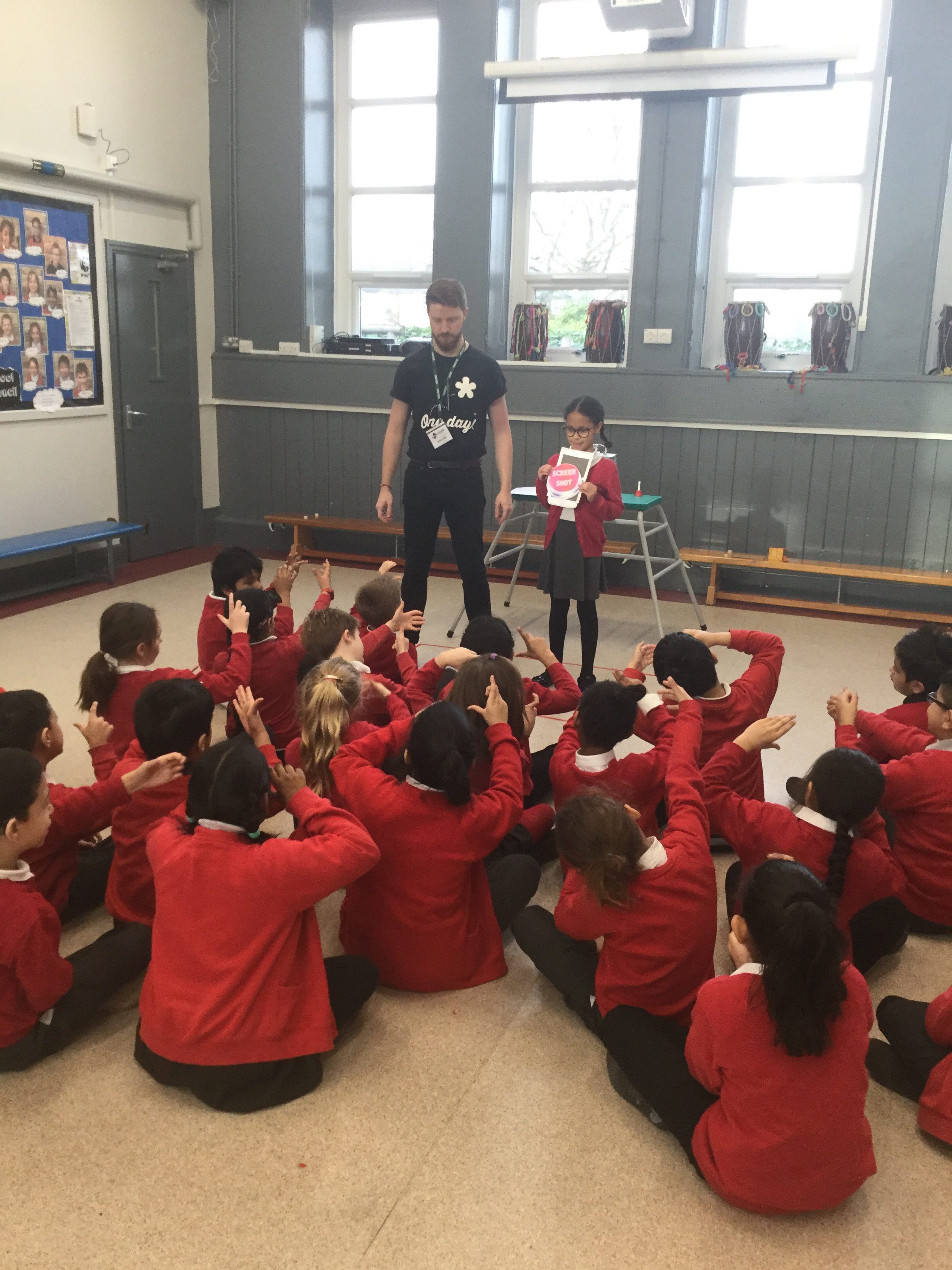
We received our first message… The evil Cyber Bully was back! A cyber bully is someone that sends bullys us online – Several Times On Purpose.
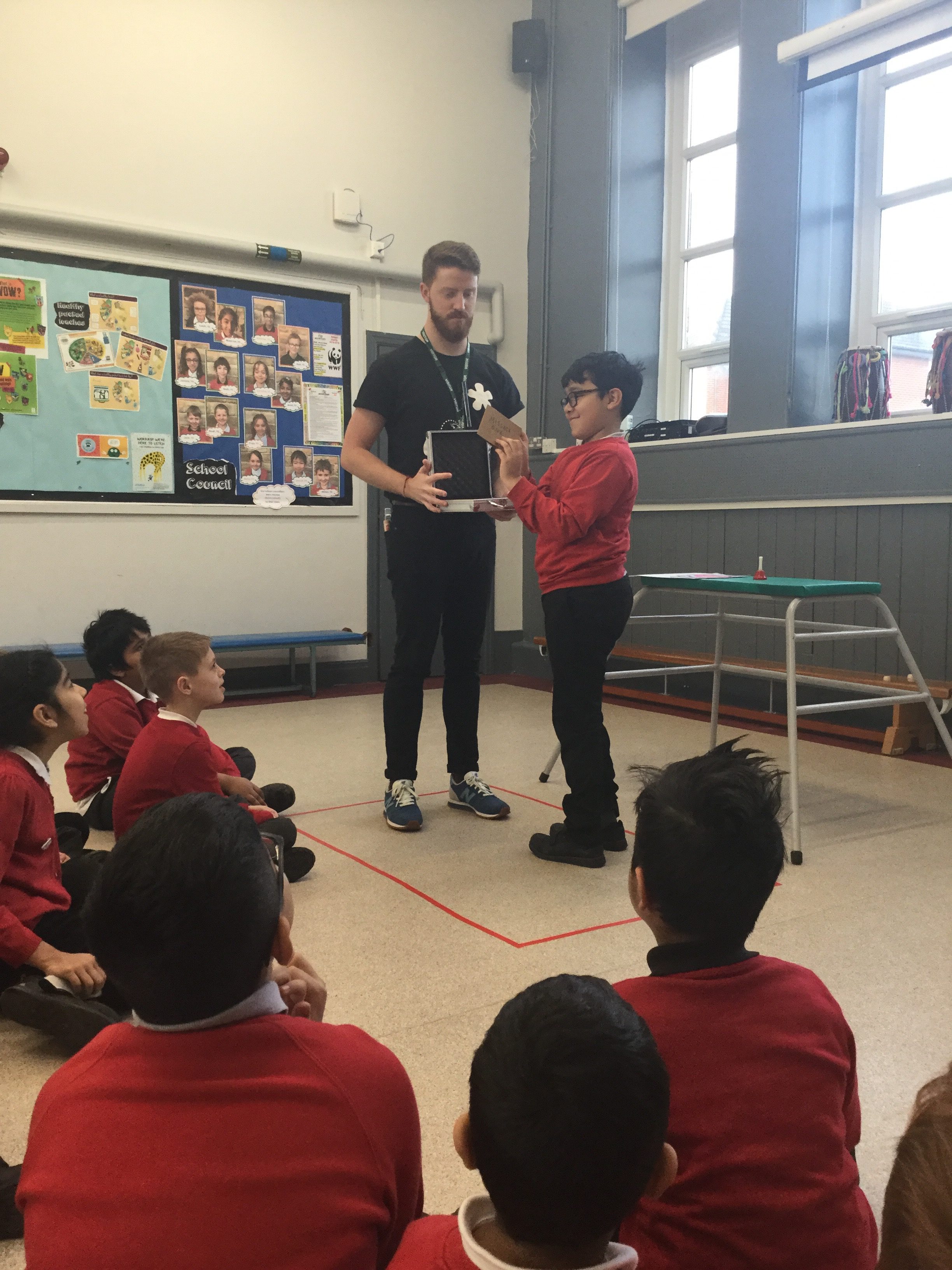
We discussed how we could use the items in our inventory to defeat him. We decided we would: screenshot, block and report. We had successfully completed level one and moved on to level two…
We then learnt about viruses and how computers catch them if we click accept and put our details in. We agreed never to fall for a fishy deal that are too good to be true and always think if someone on the other end of the computer is trying to trick us.
Like the true spys Year 3 are, they snuck up on the evil Dr Fishy and tried not to set off the alarm.
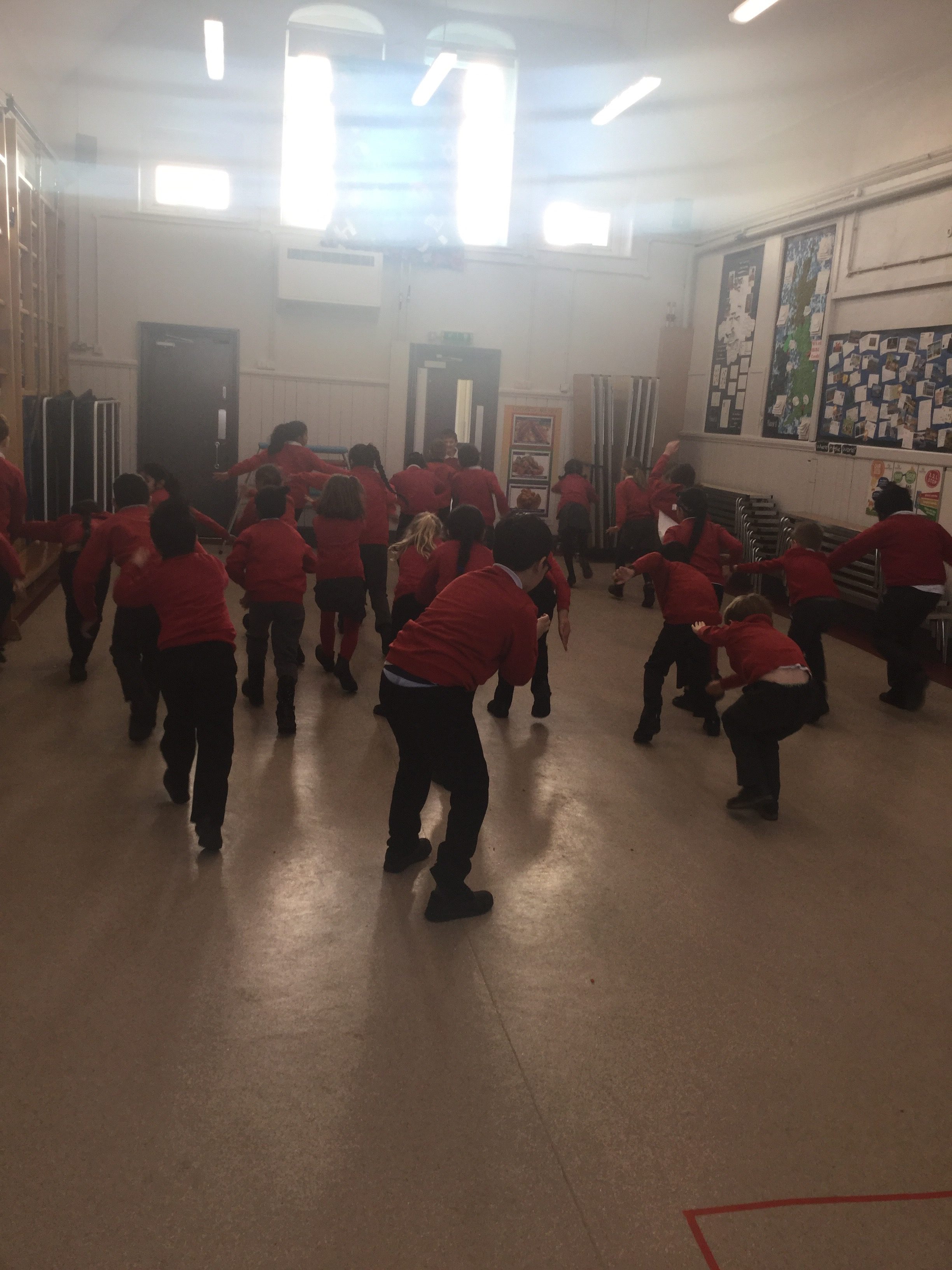
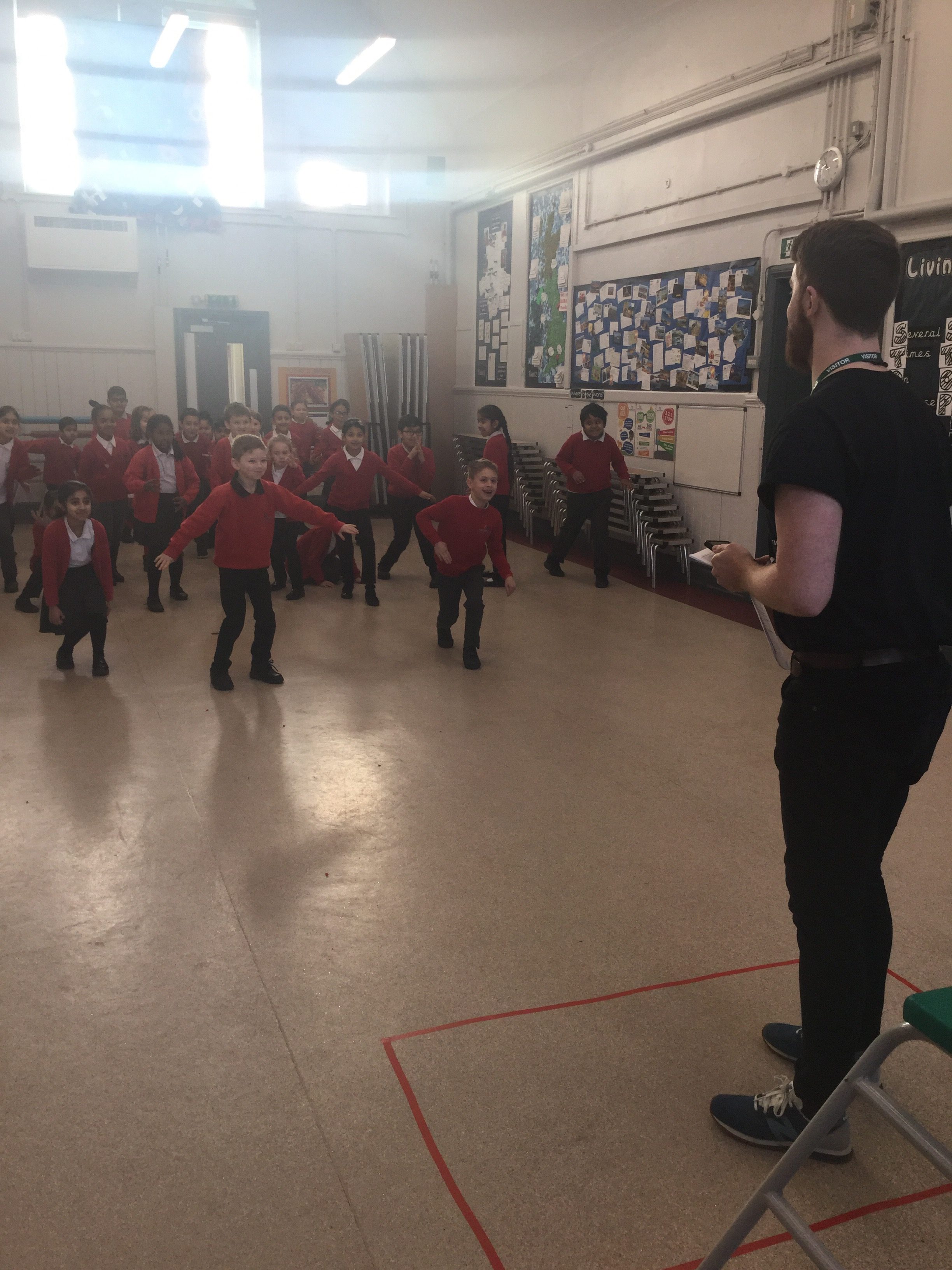
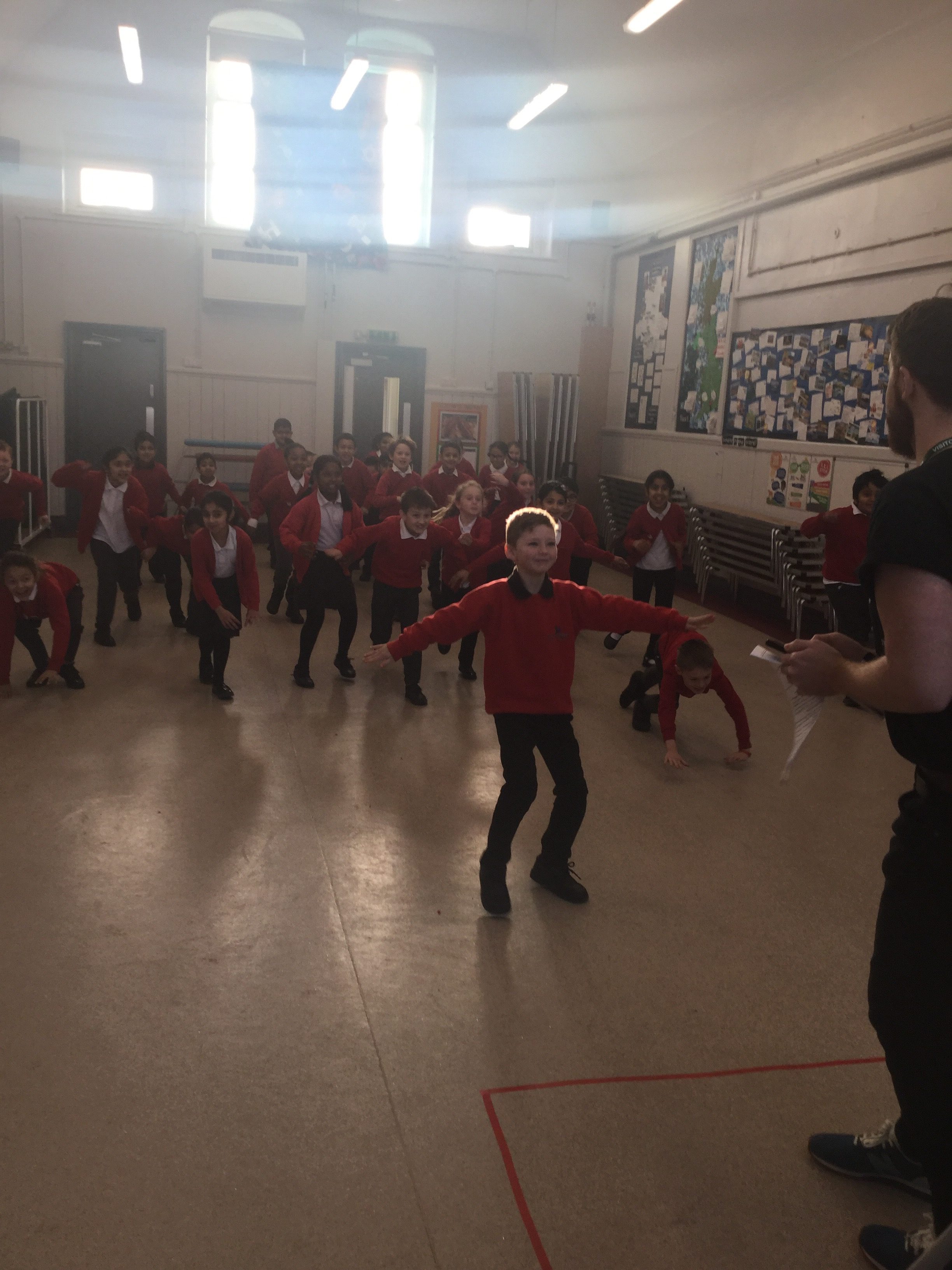
Along the way we received messages and had to to choose whether to open or block messages.
One player was tricked into downloading a rare super spy badge and therefore got a virus and was frozen! Fortunately, she had downloaded some antivirus software so her computer was safe.
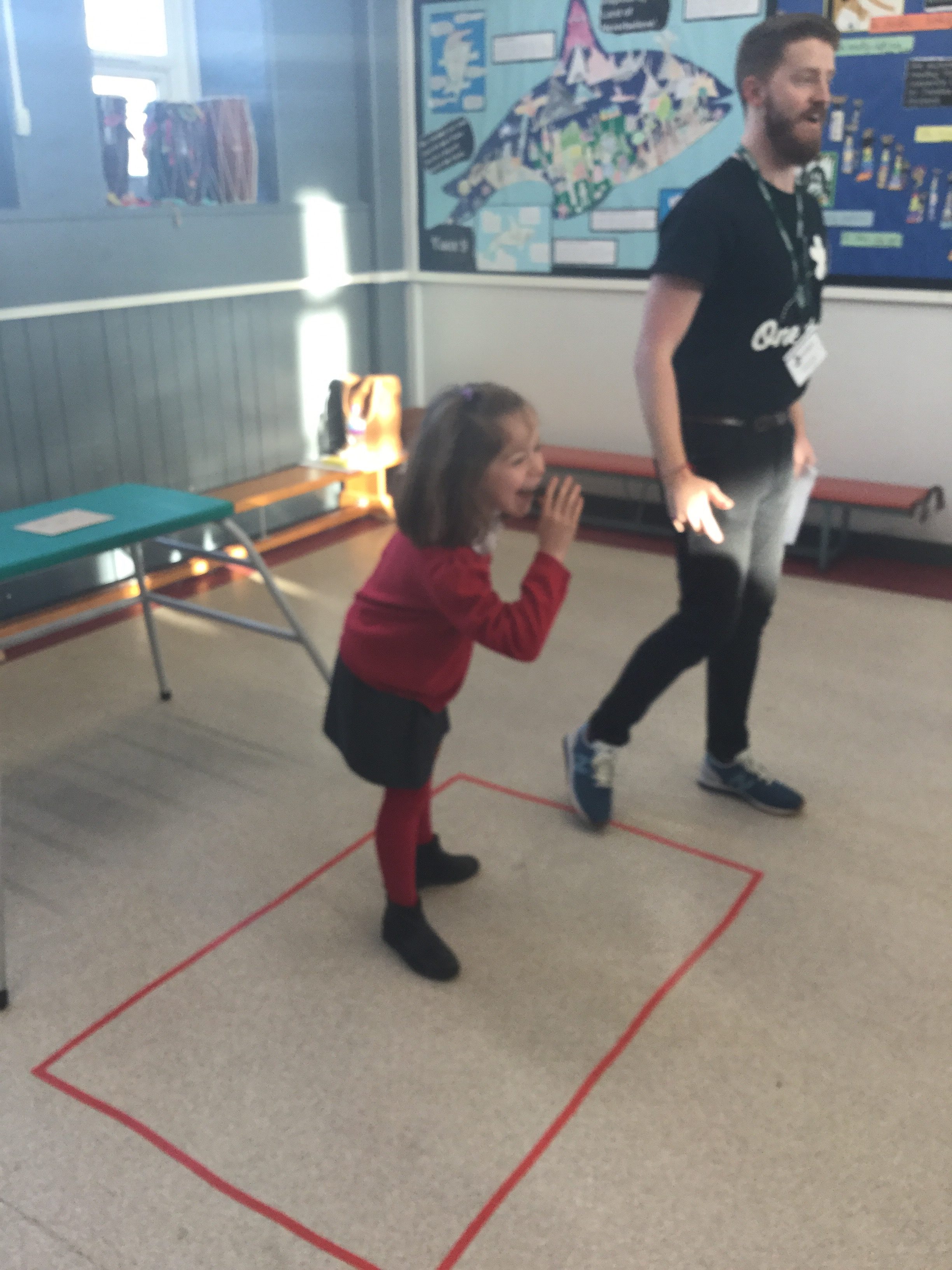
We completed the game by answering some questions and cracking the code to complete the game.
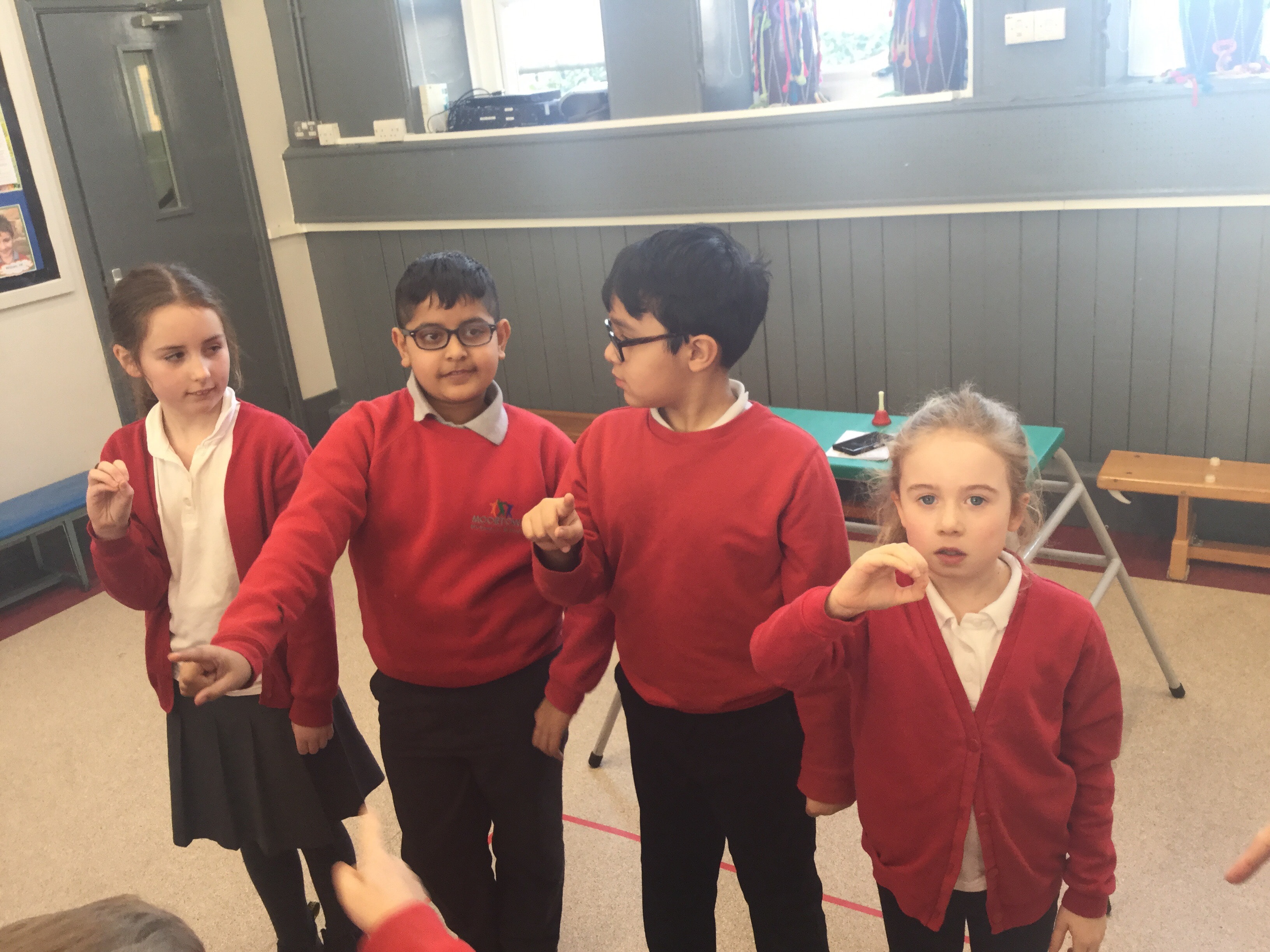
Ask your child, what would they do in these different scenarios online:
- A message pops up – “You could win £400! All you need to do is type your name in, below.”
- Your cousin asks you for your Lexia password but promises not to tell anyone else…
- You’re playing a game with some friends online and someone you don’t know sends you unkind messages that hurt you. You talk to your friend about it and they’ve got the same messages but it hasn’t upset them.
Great undercover work, super spys!
